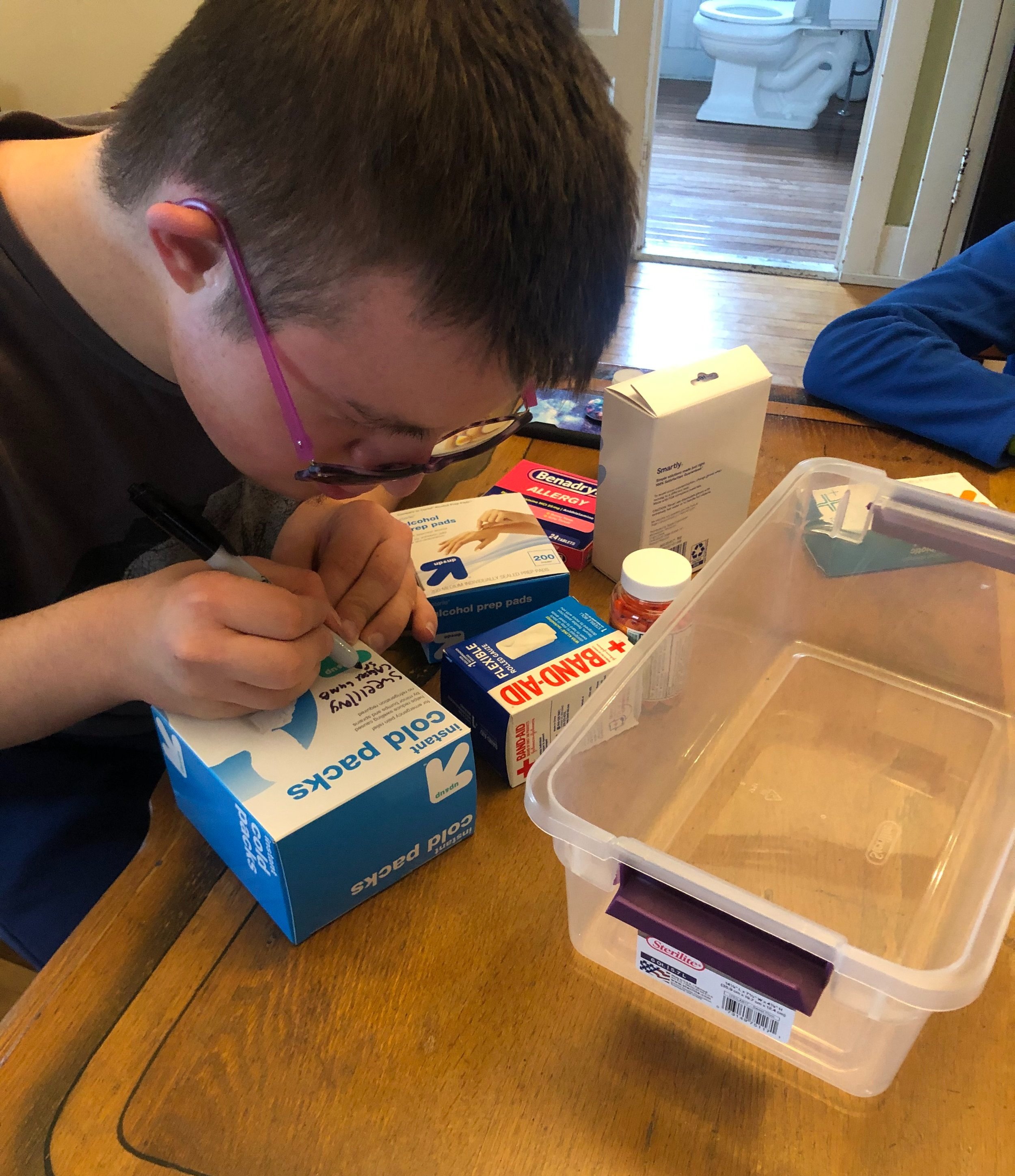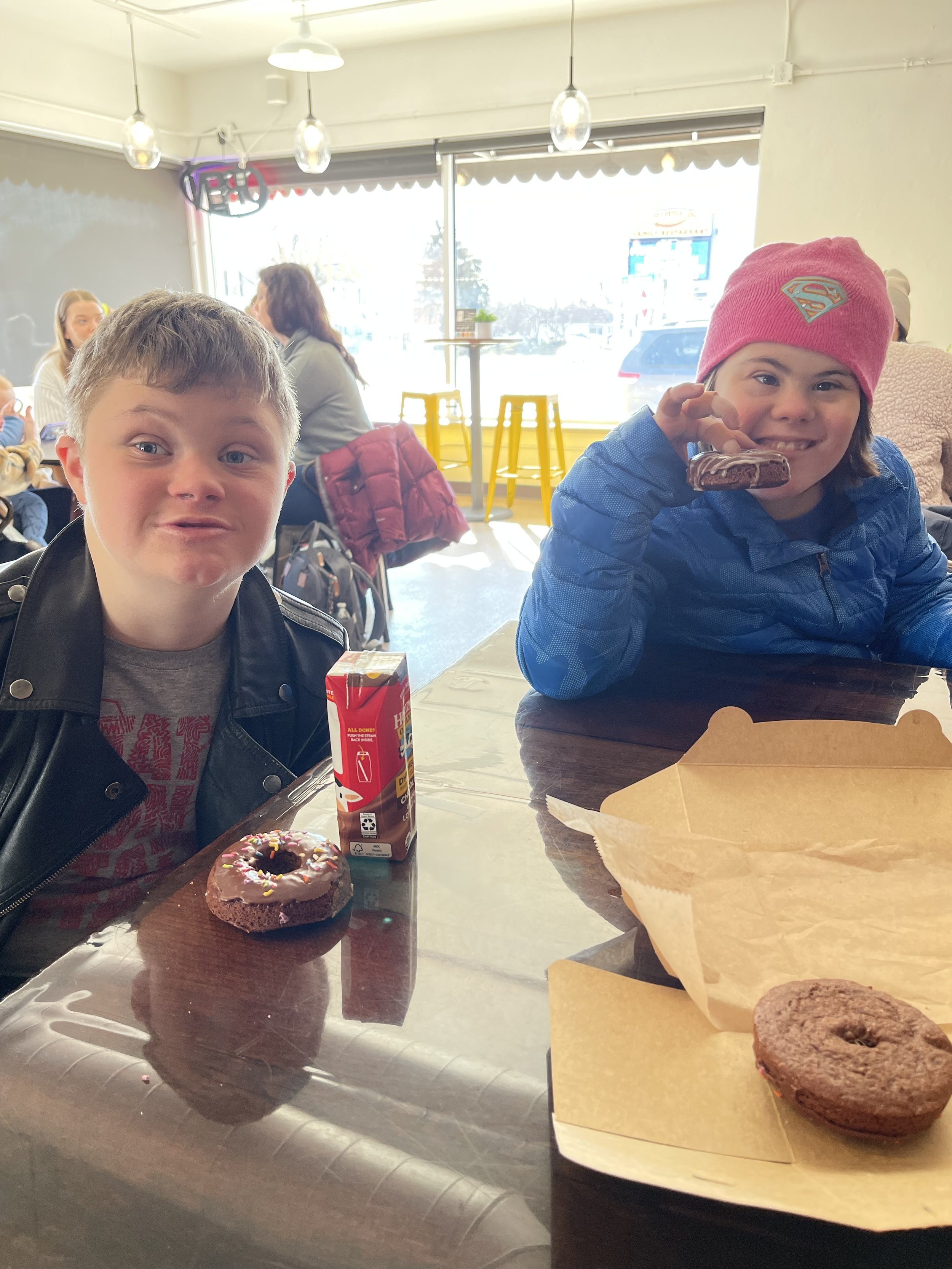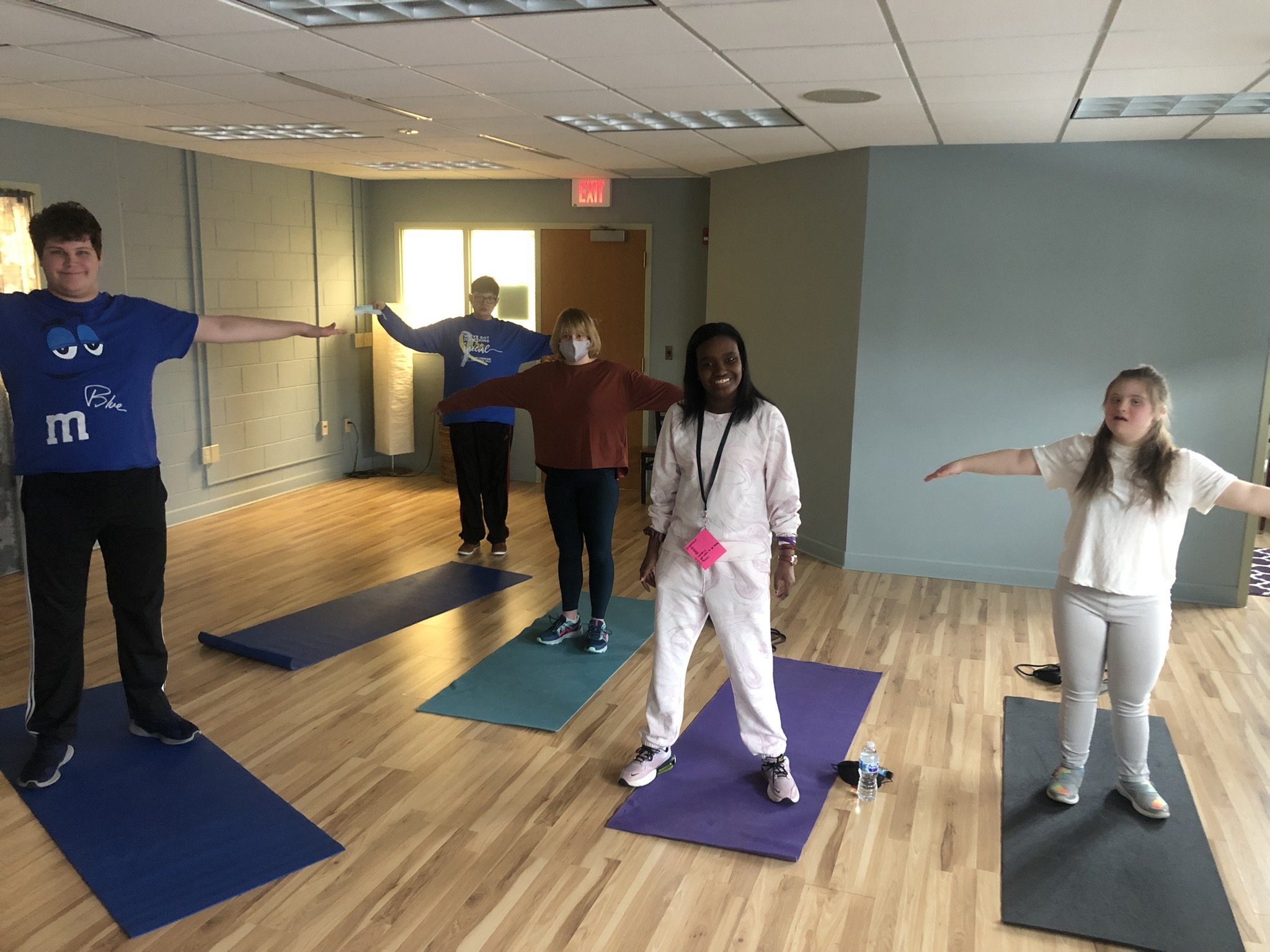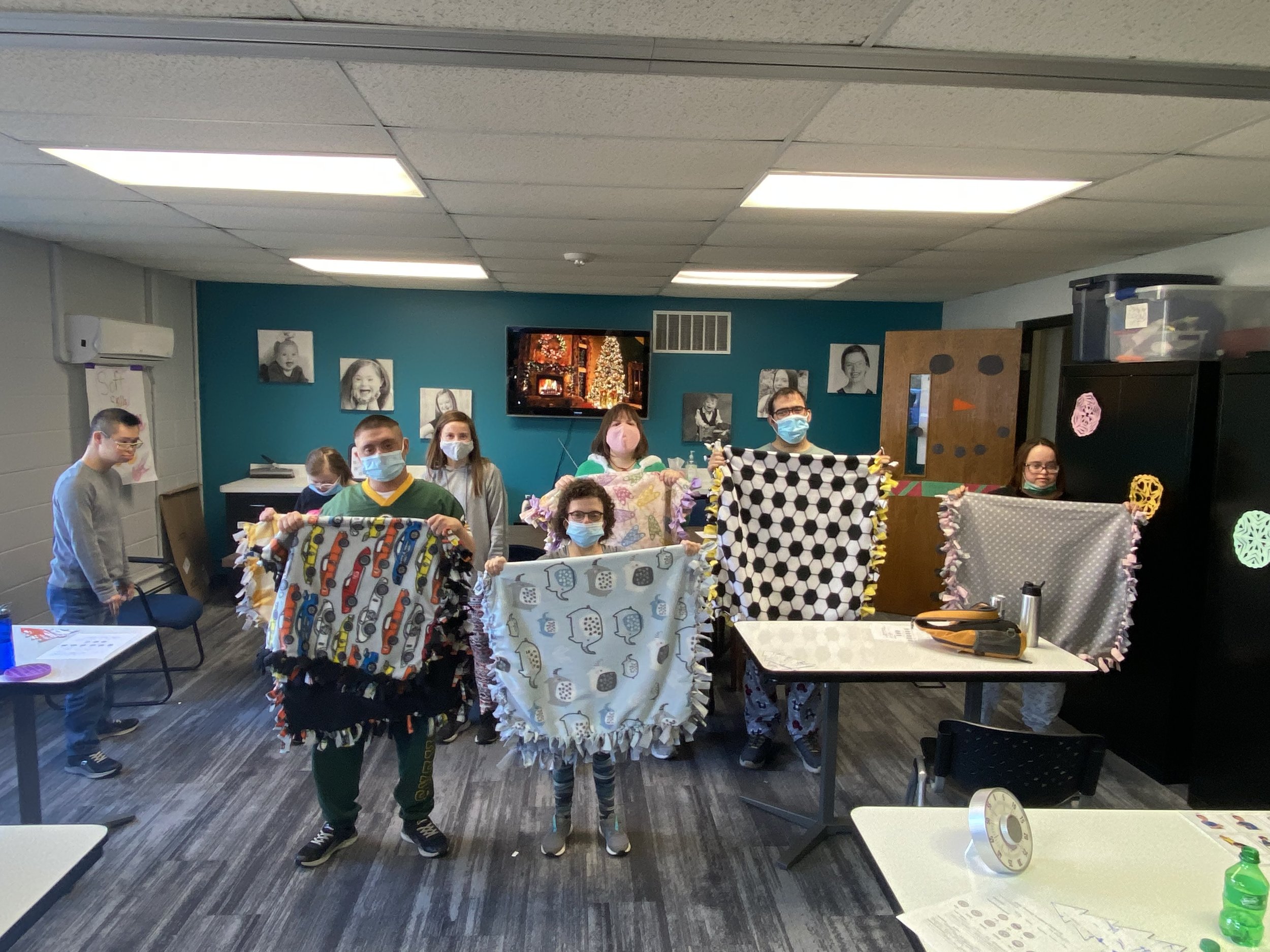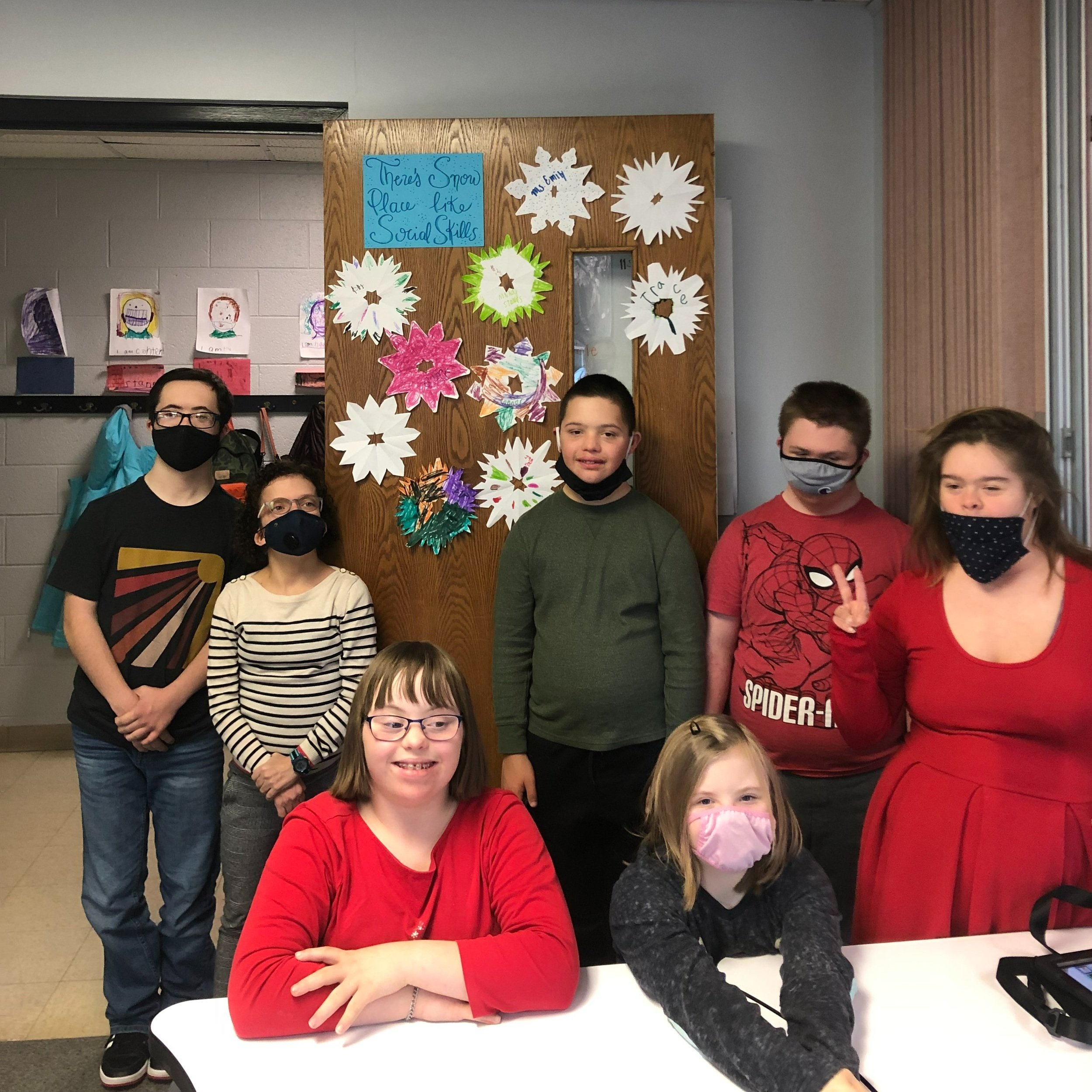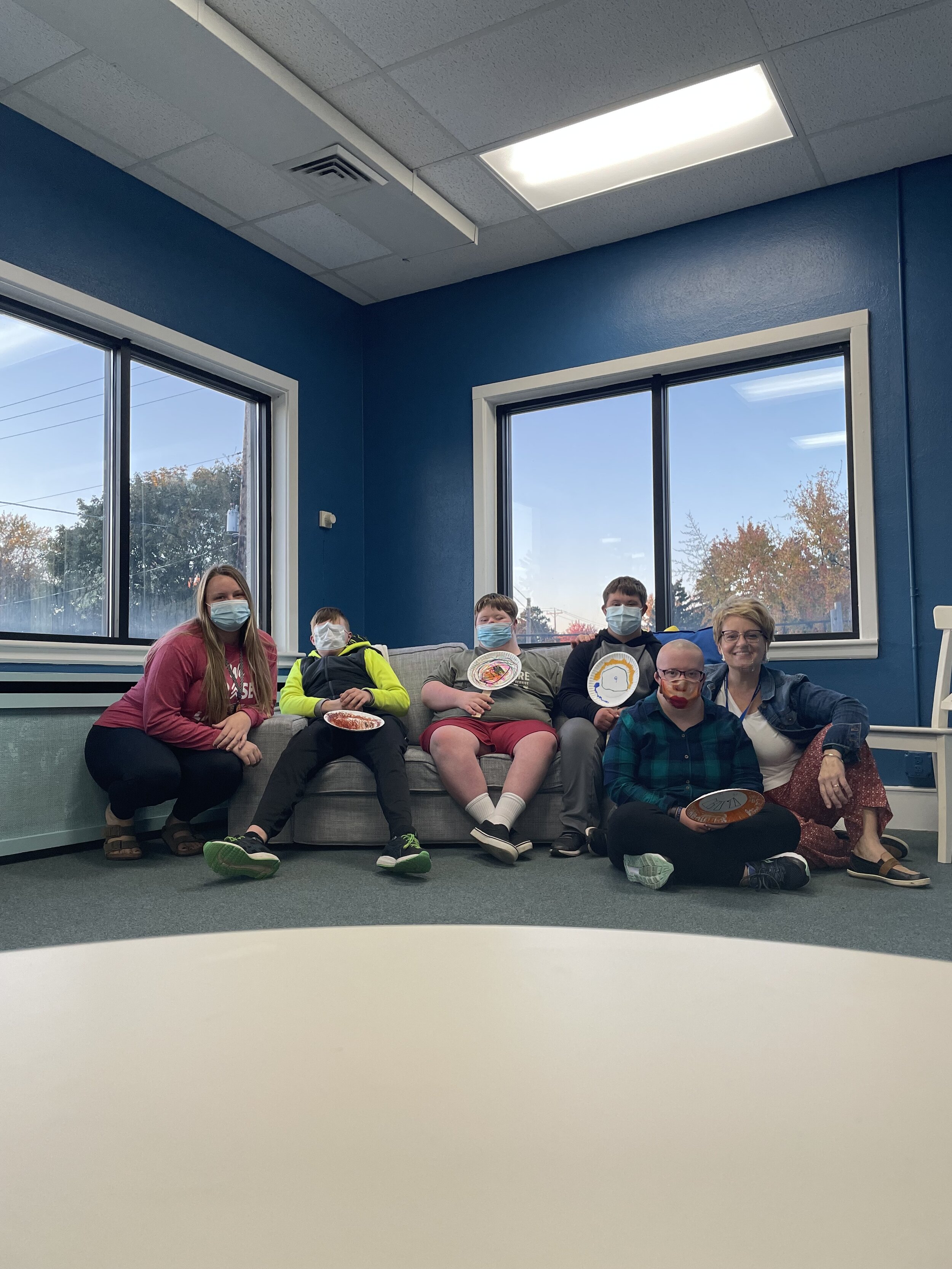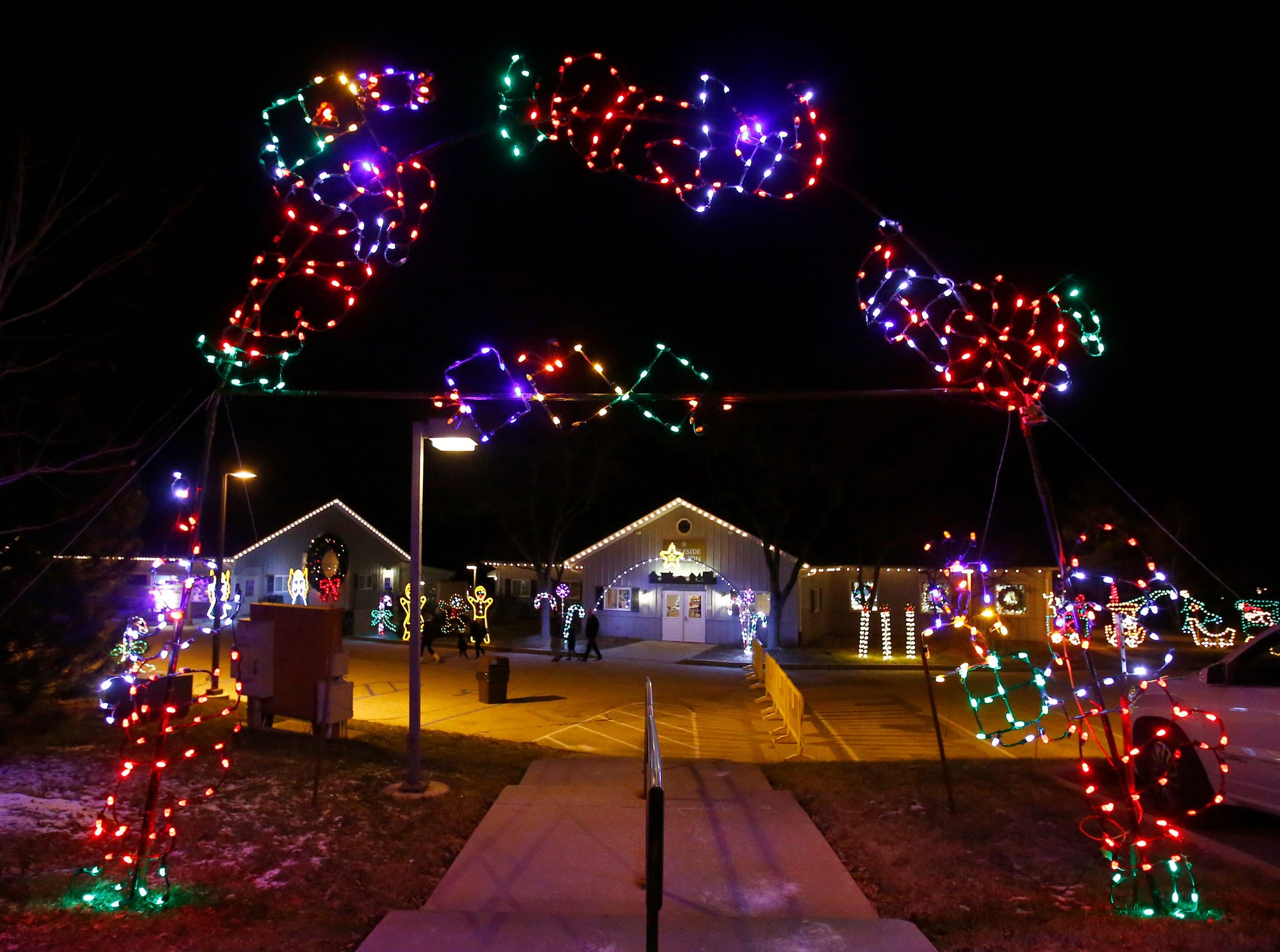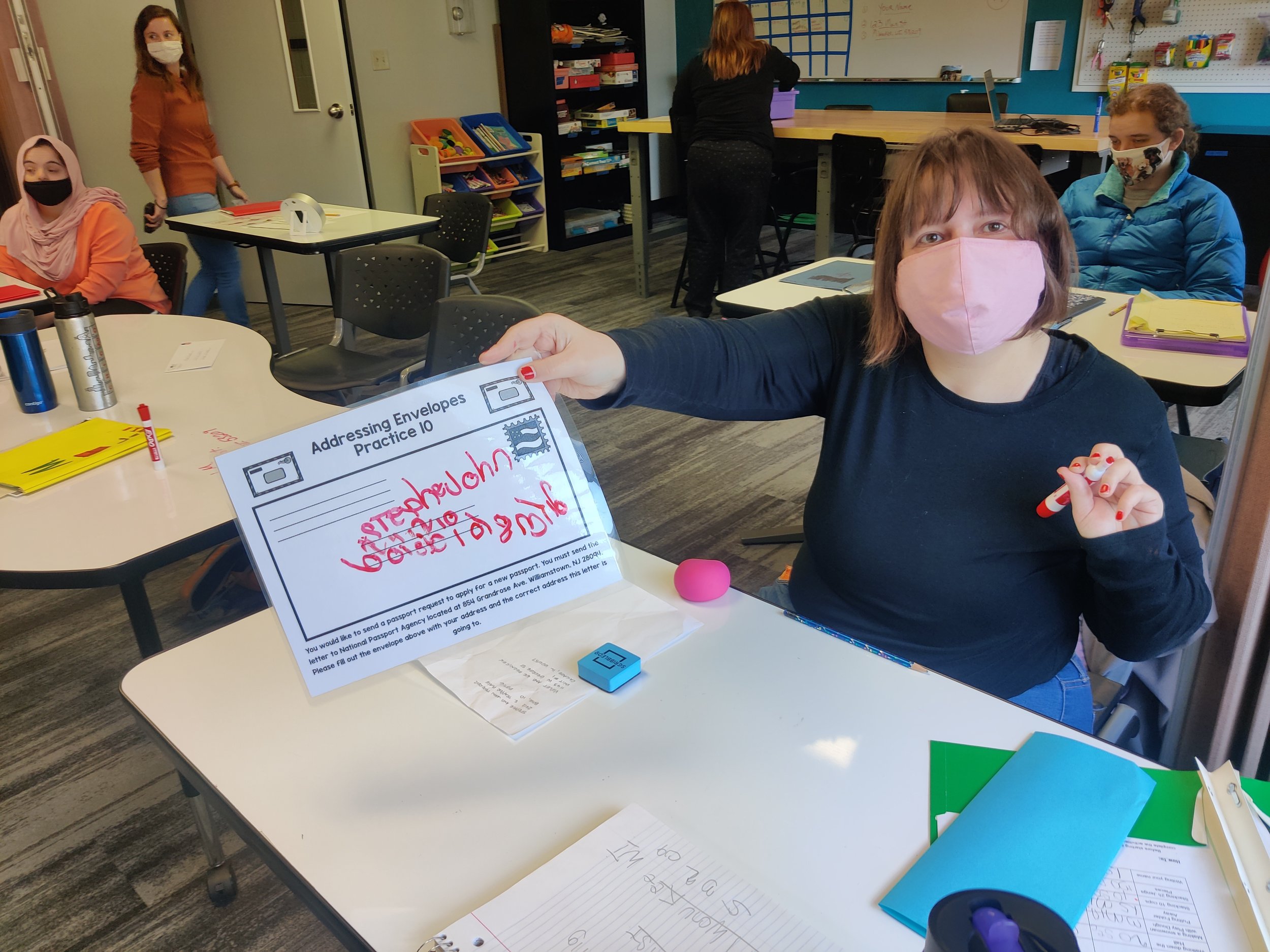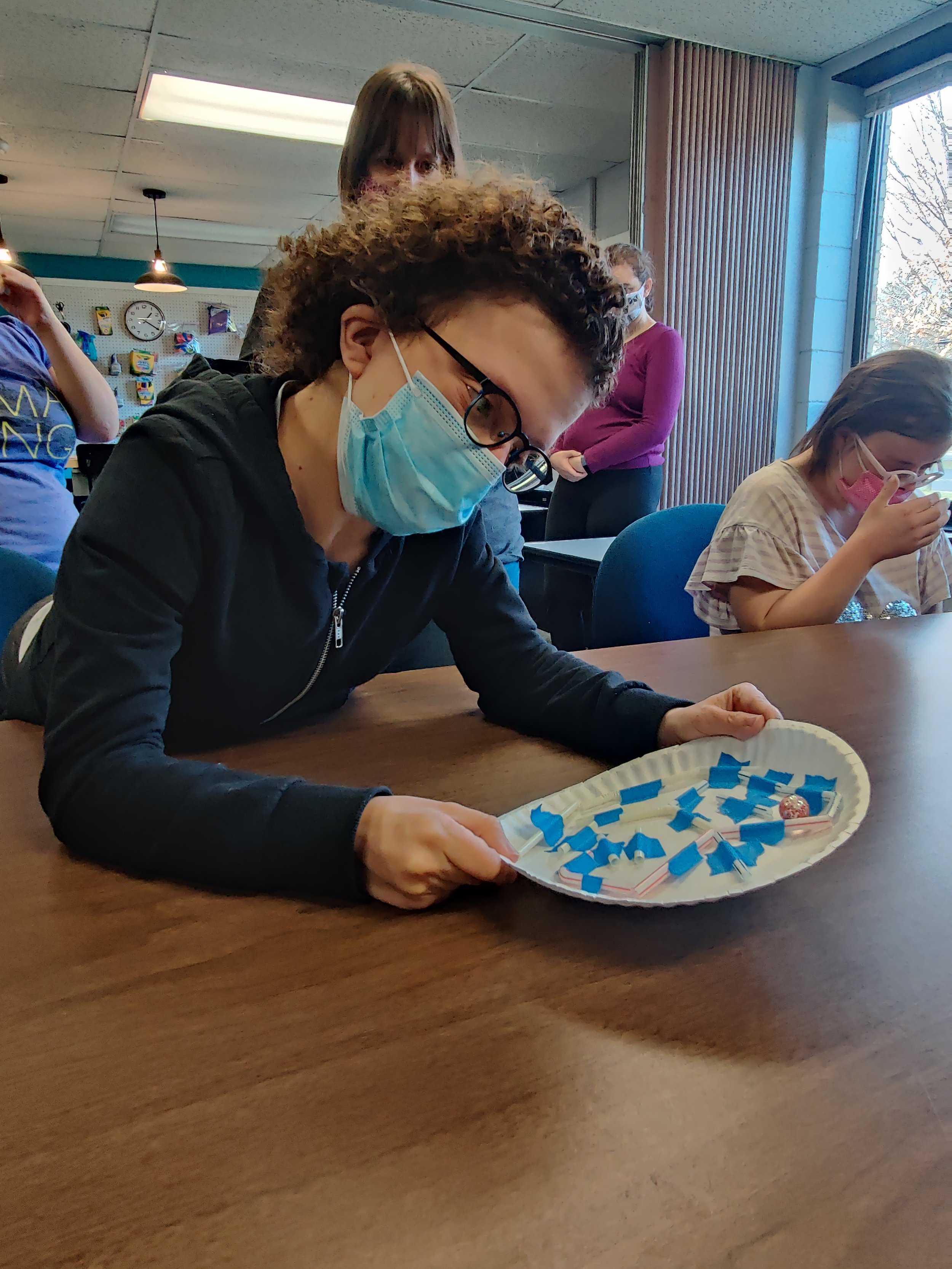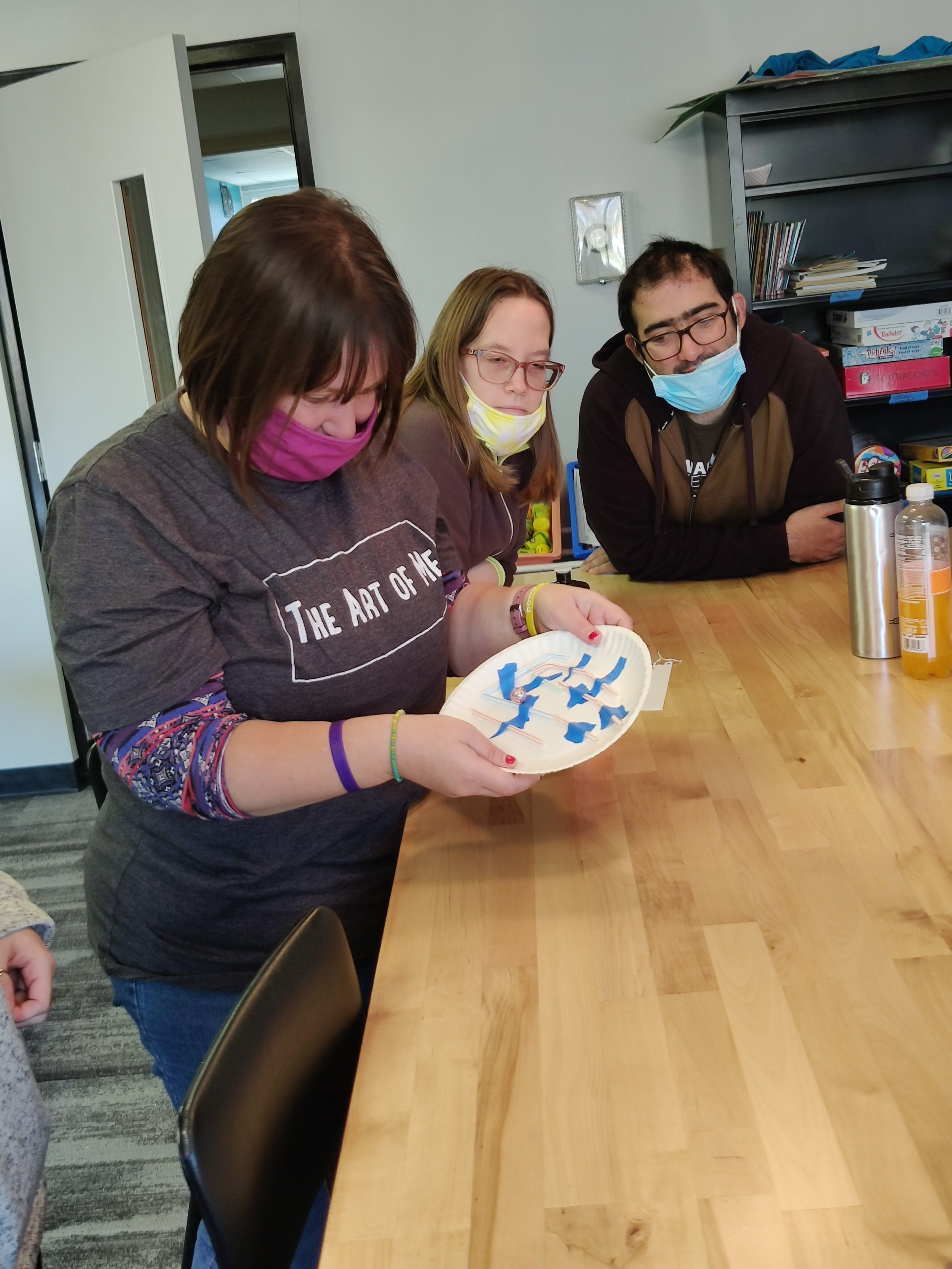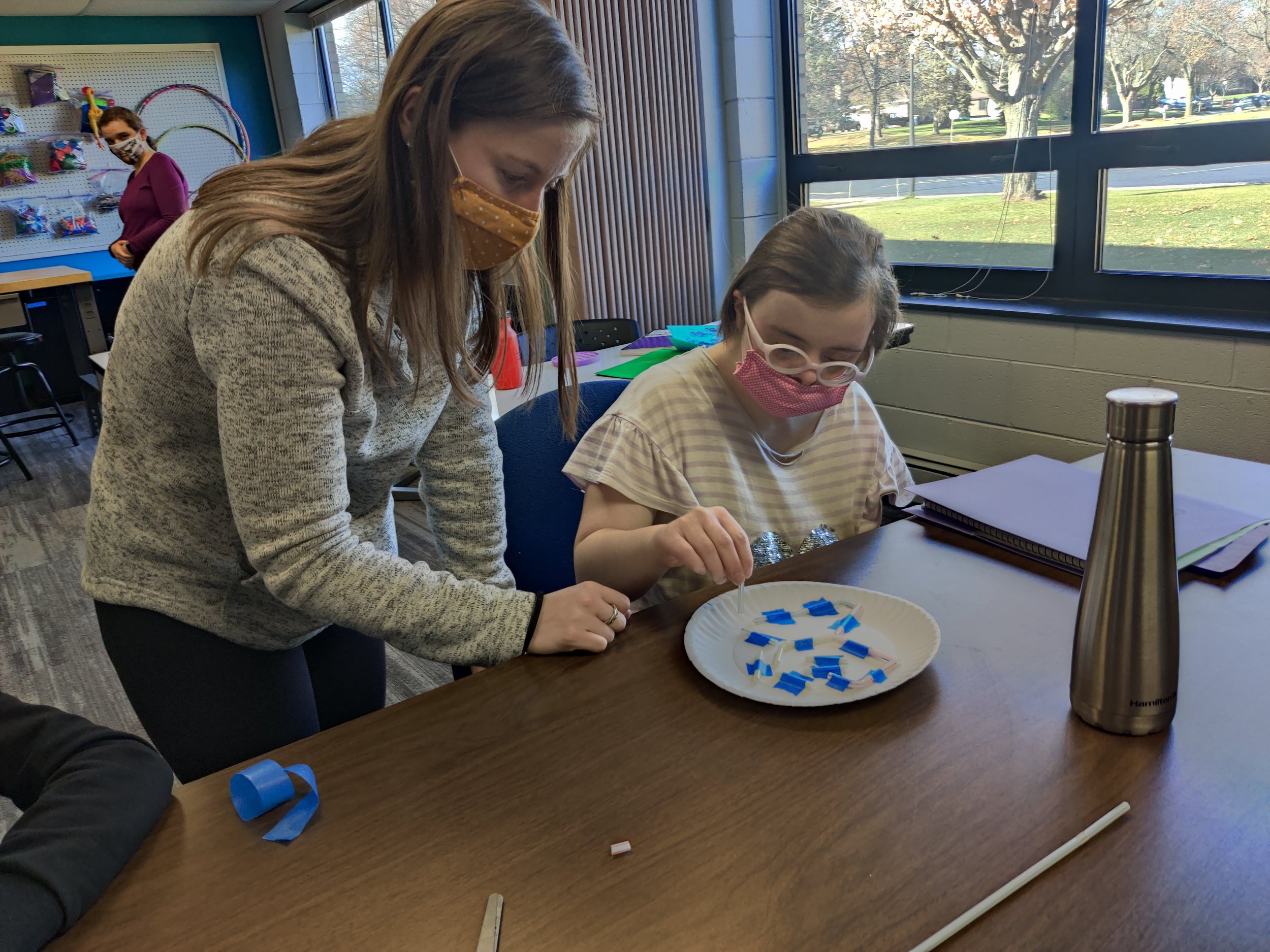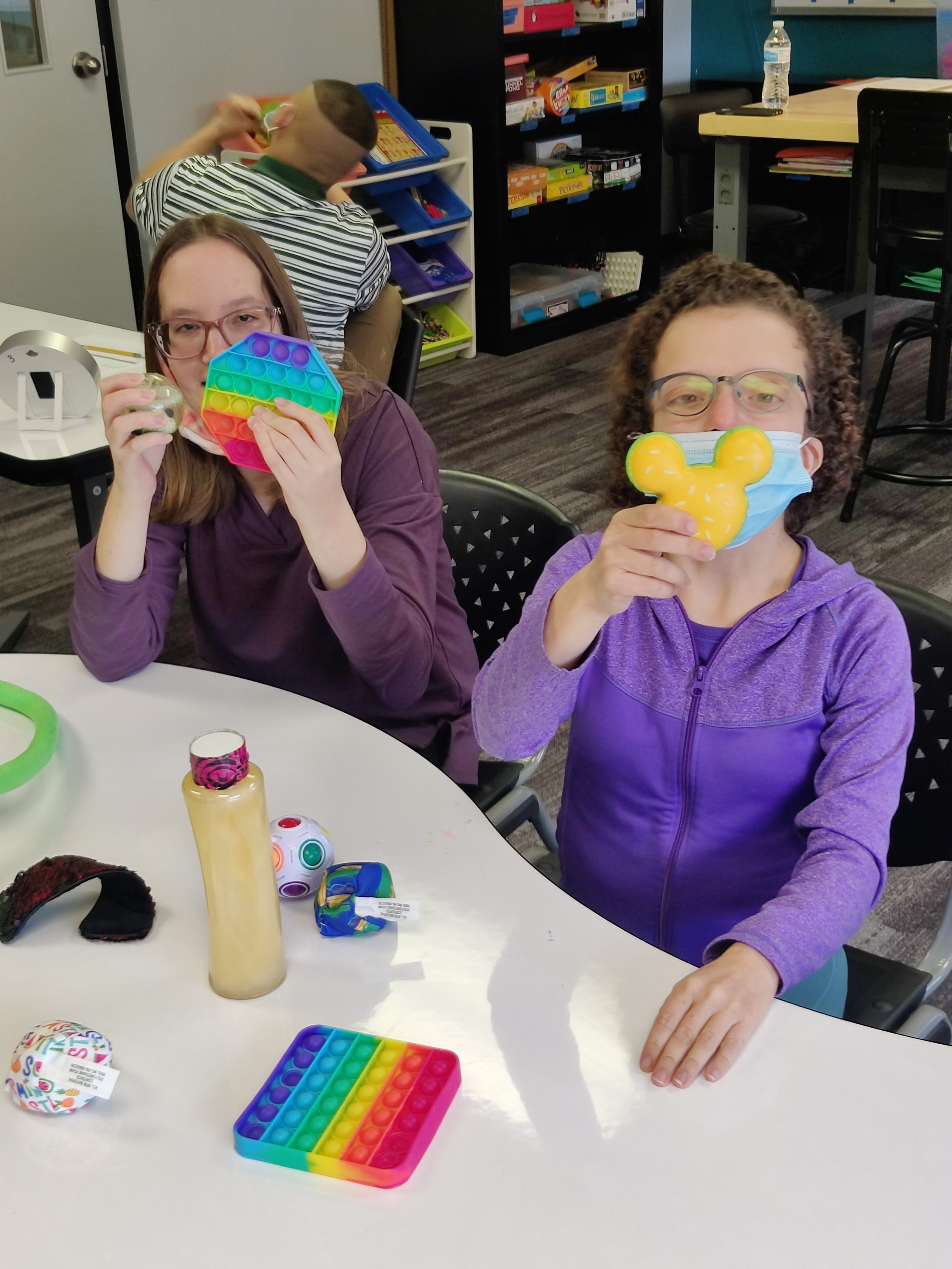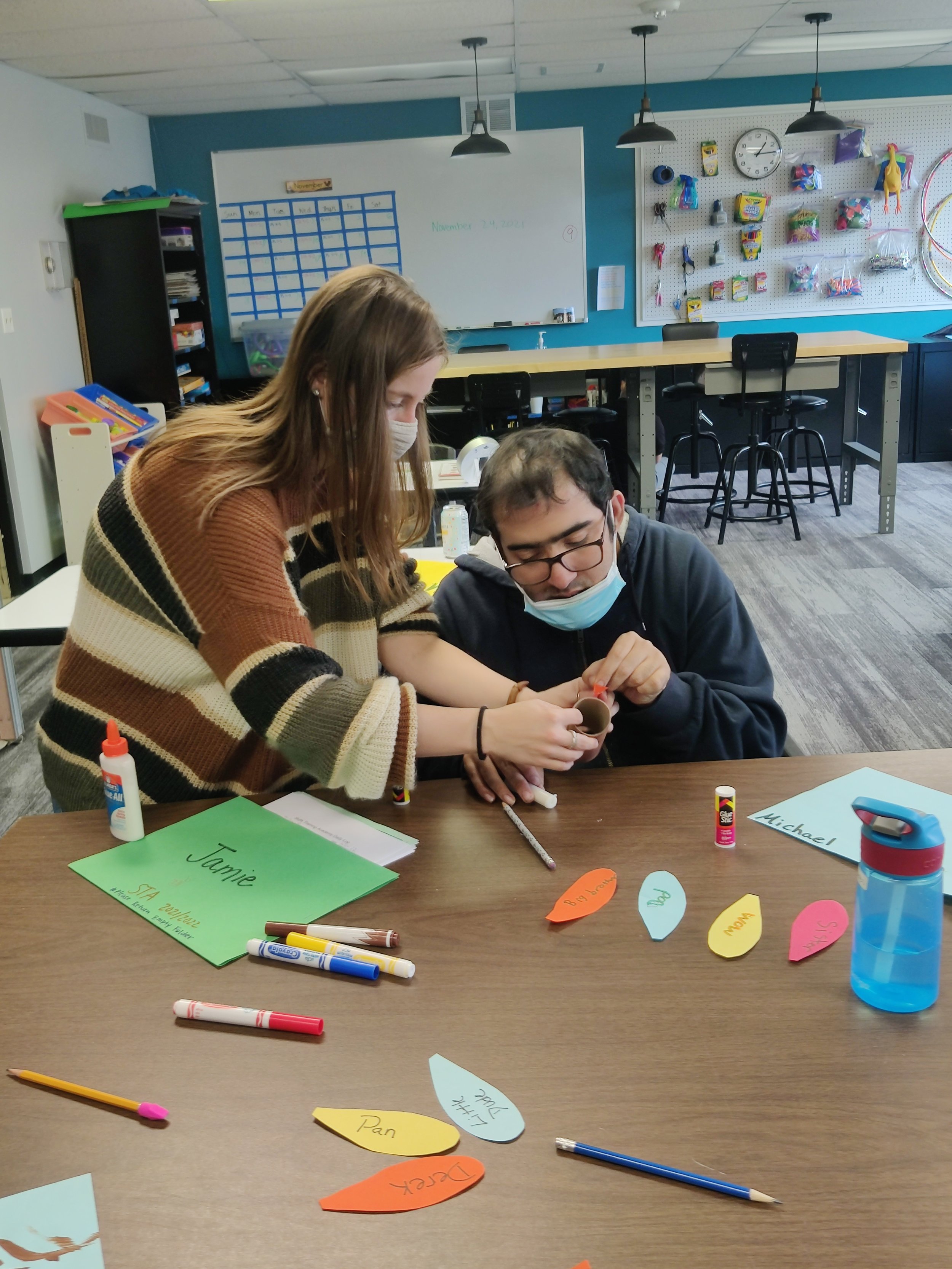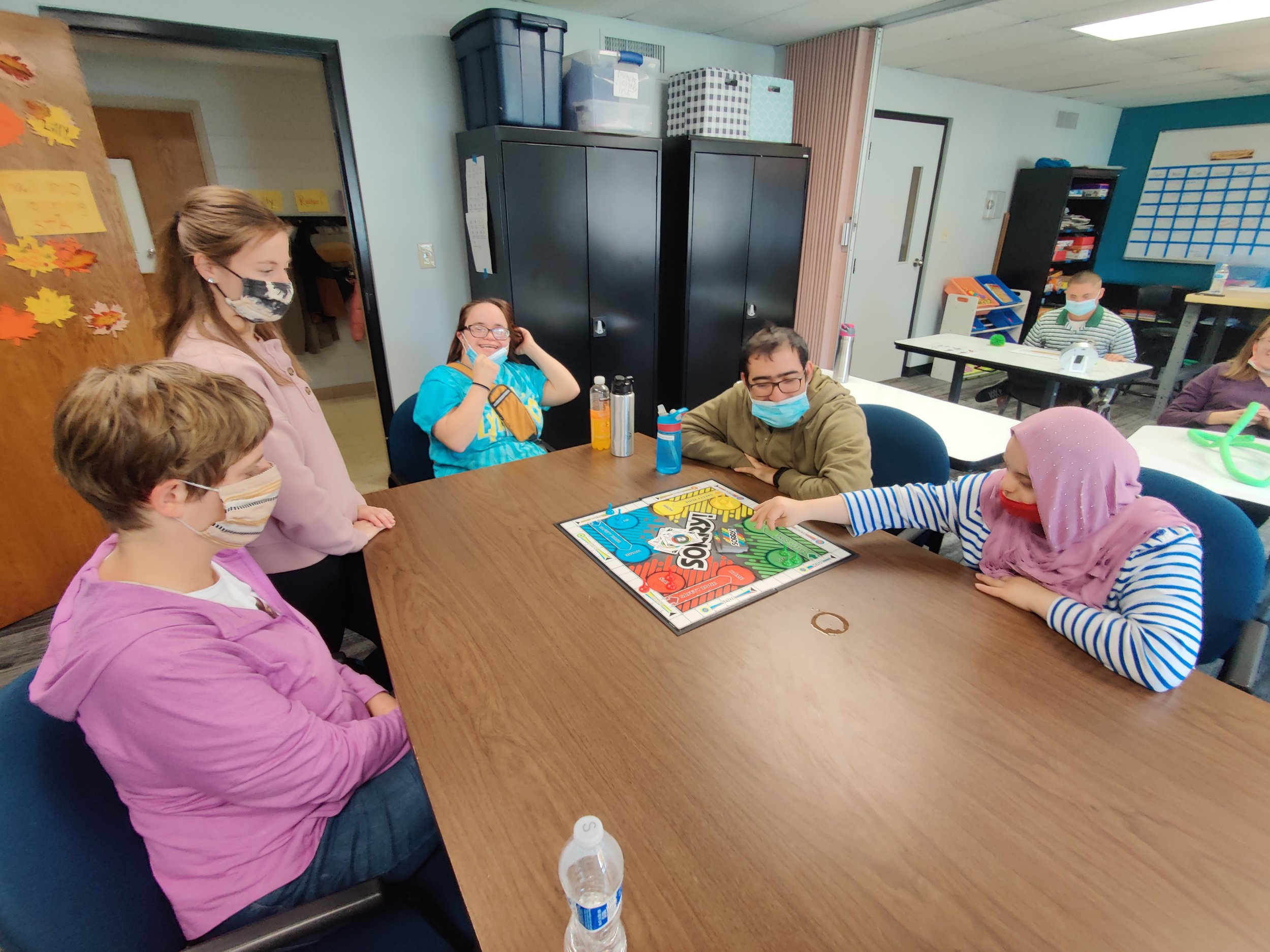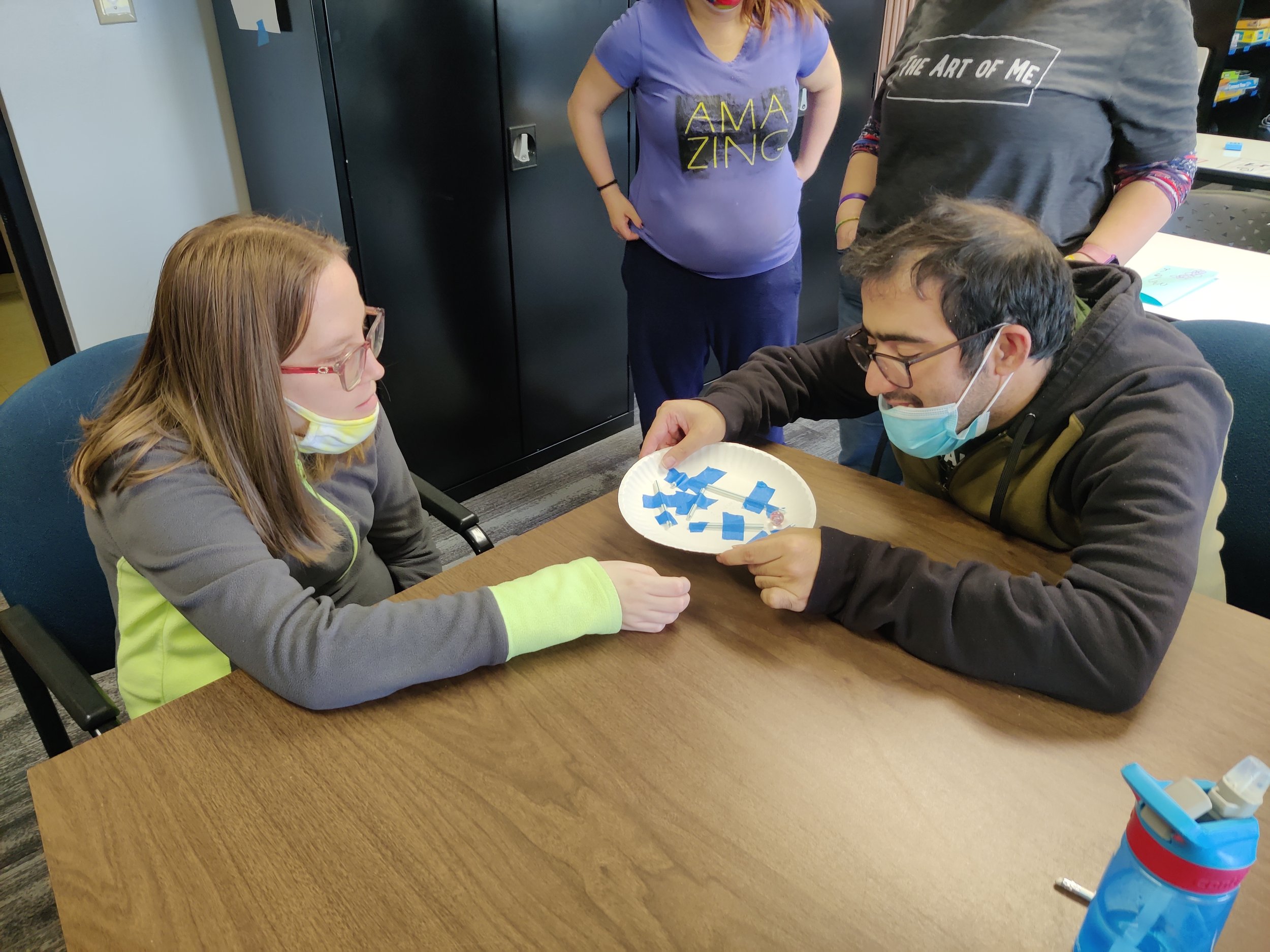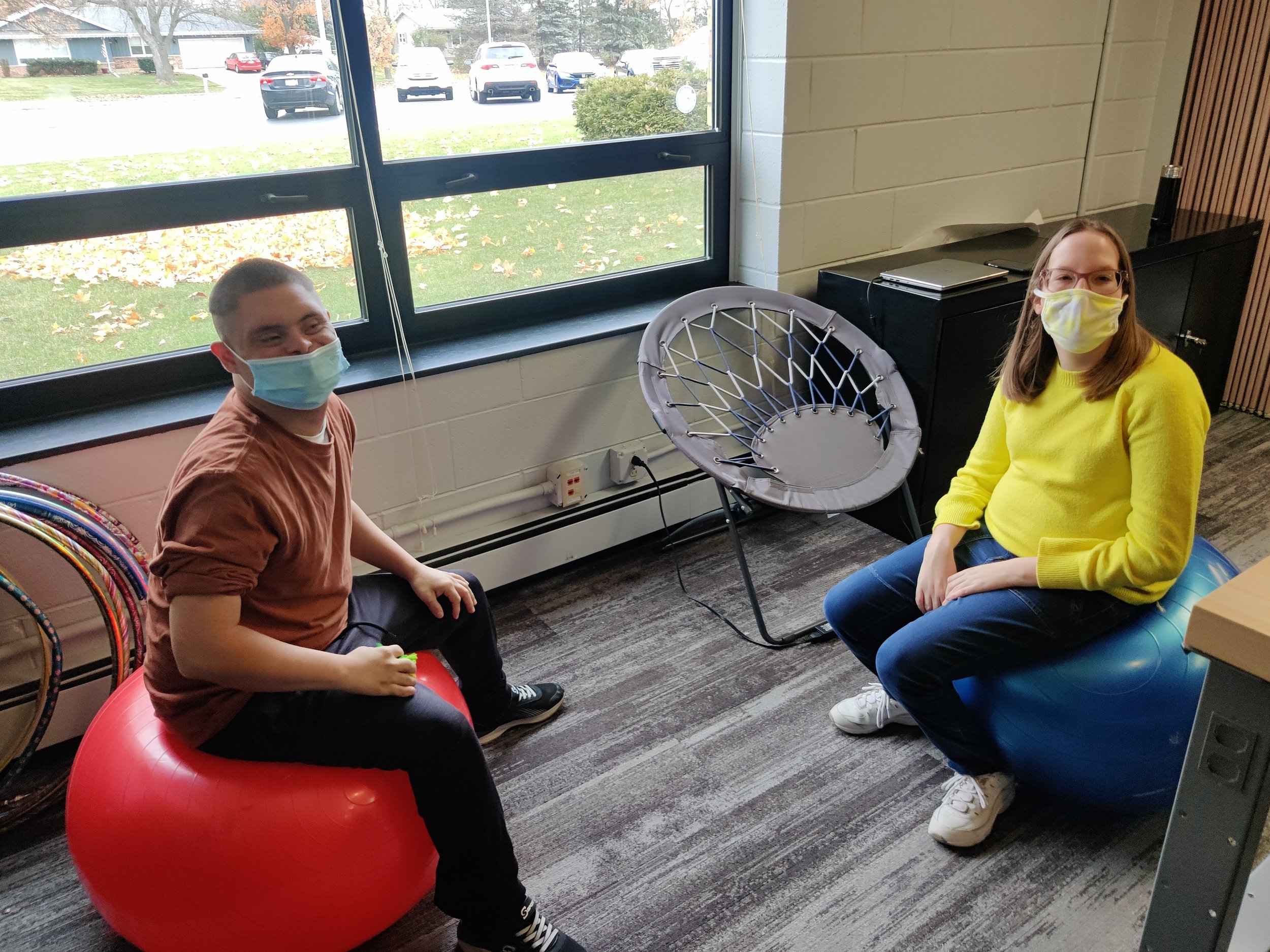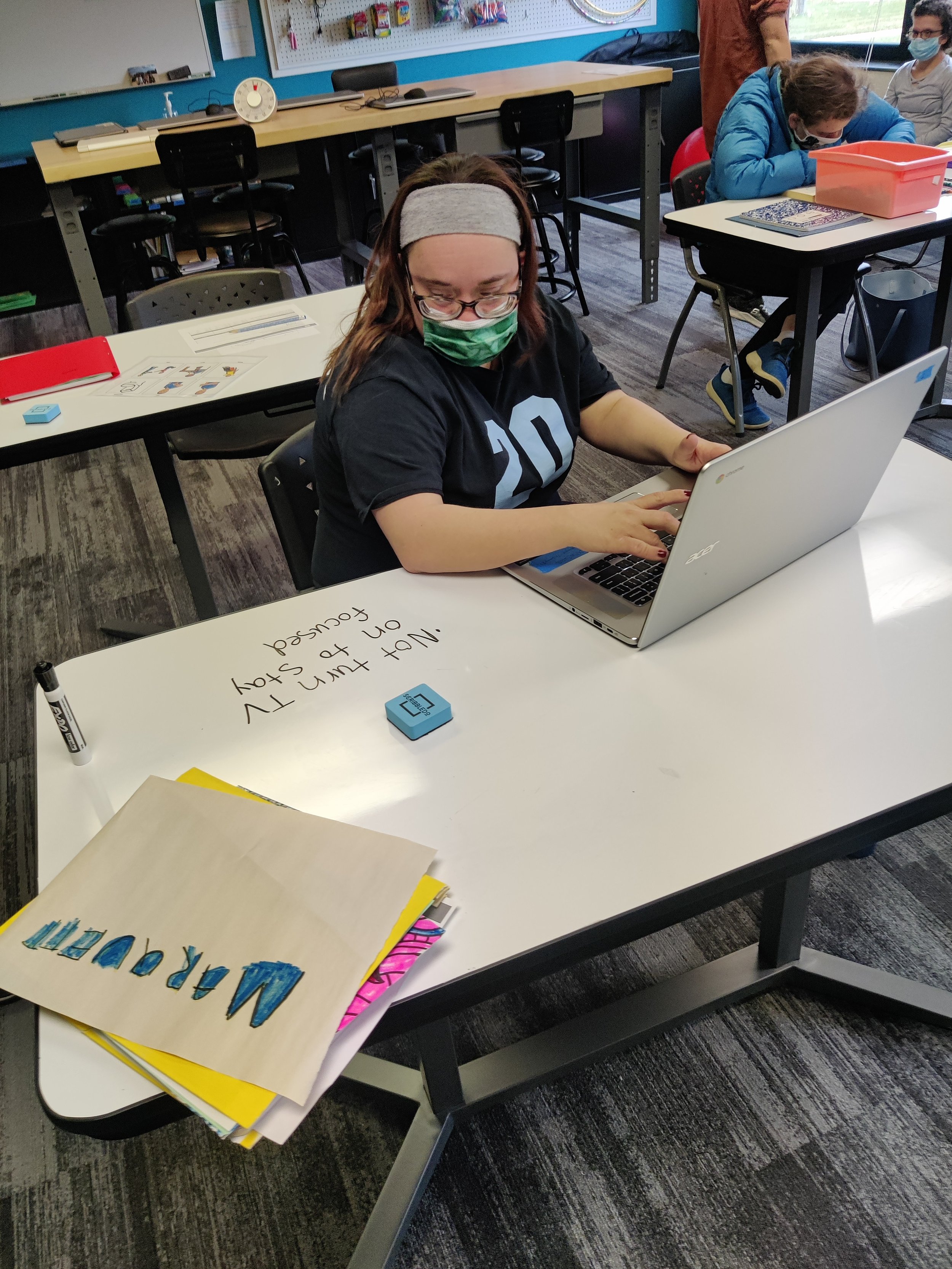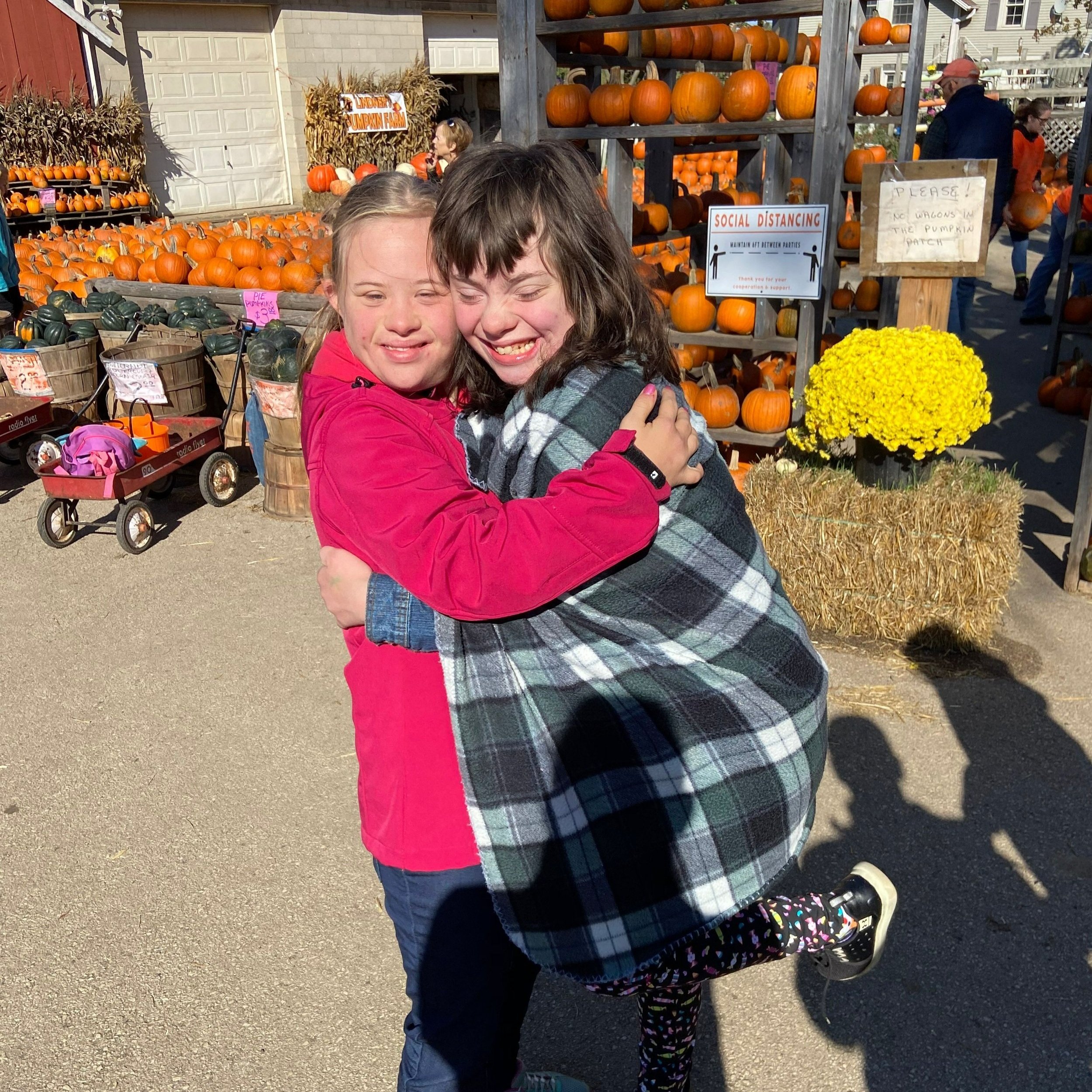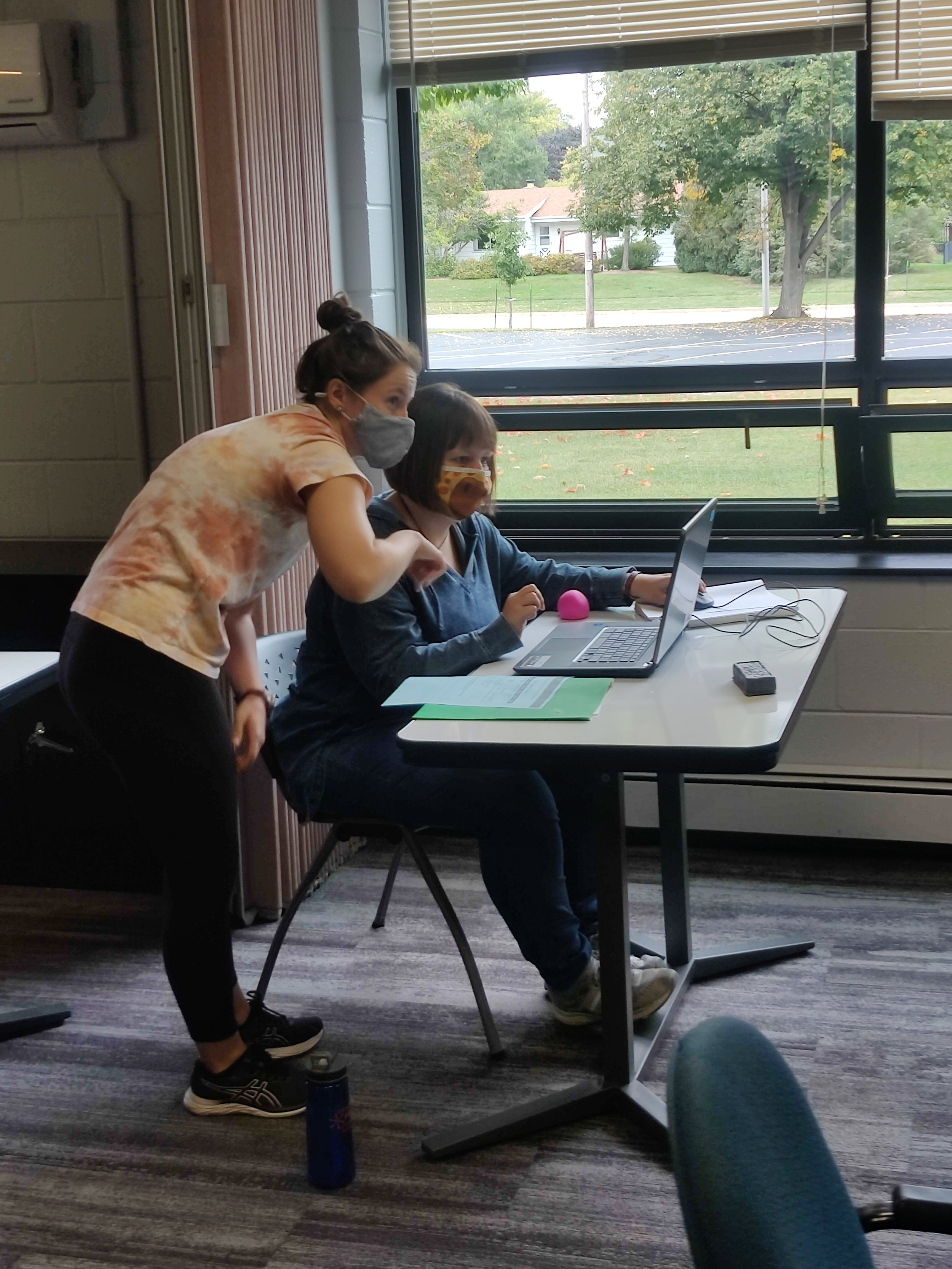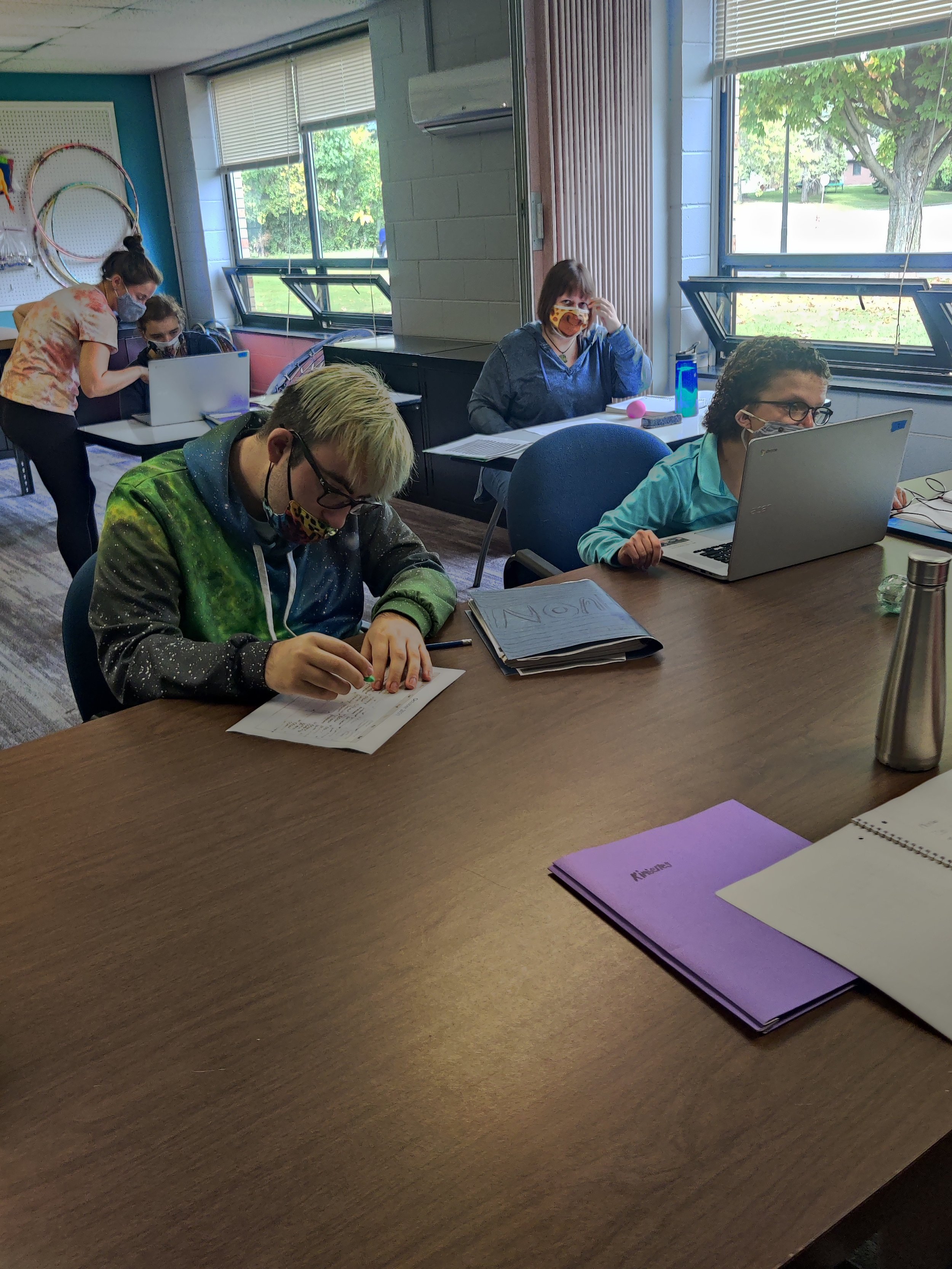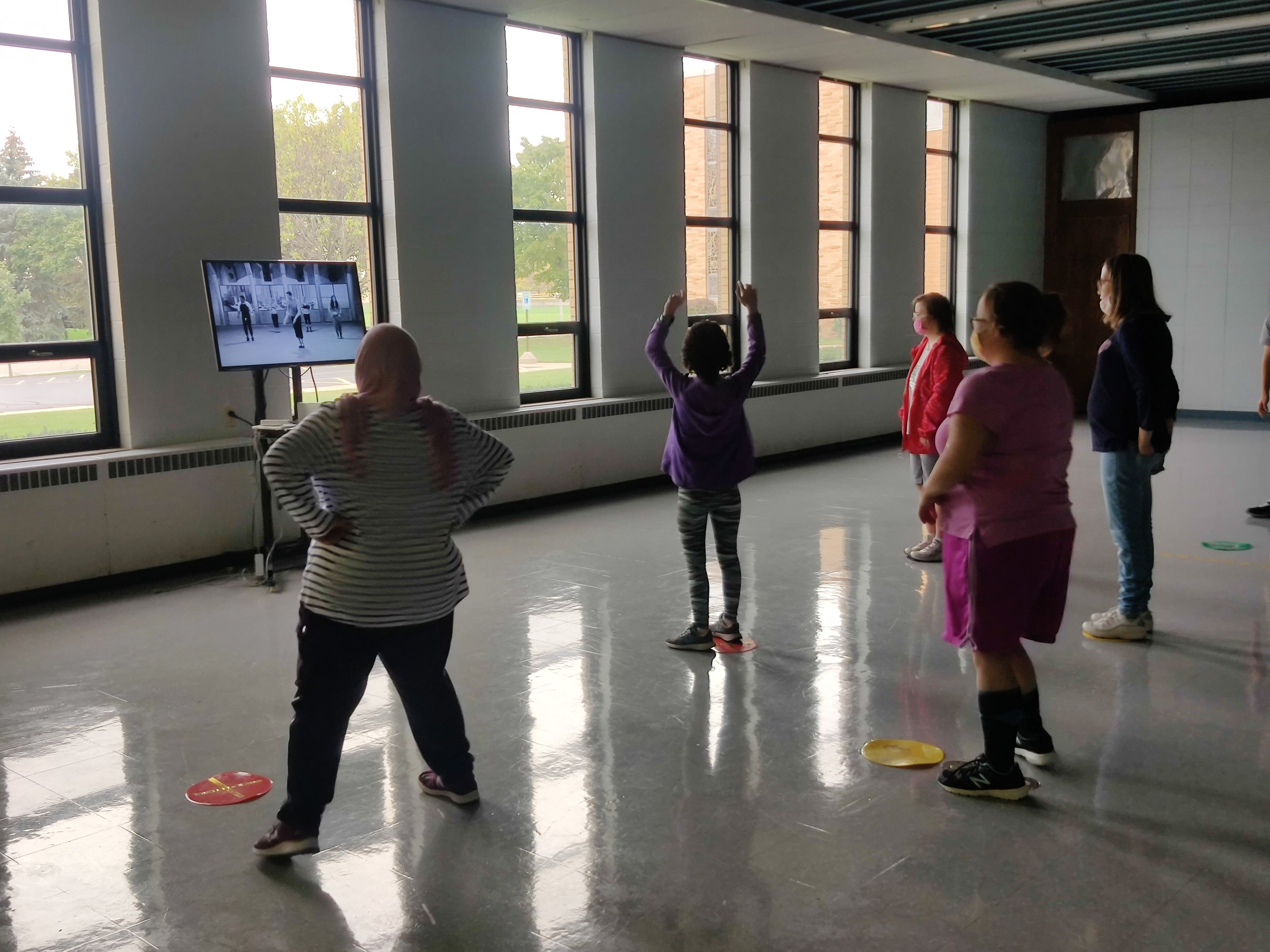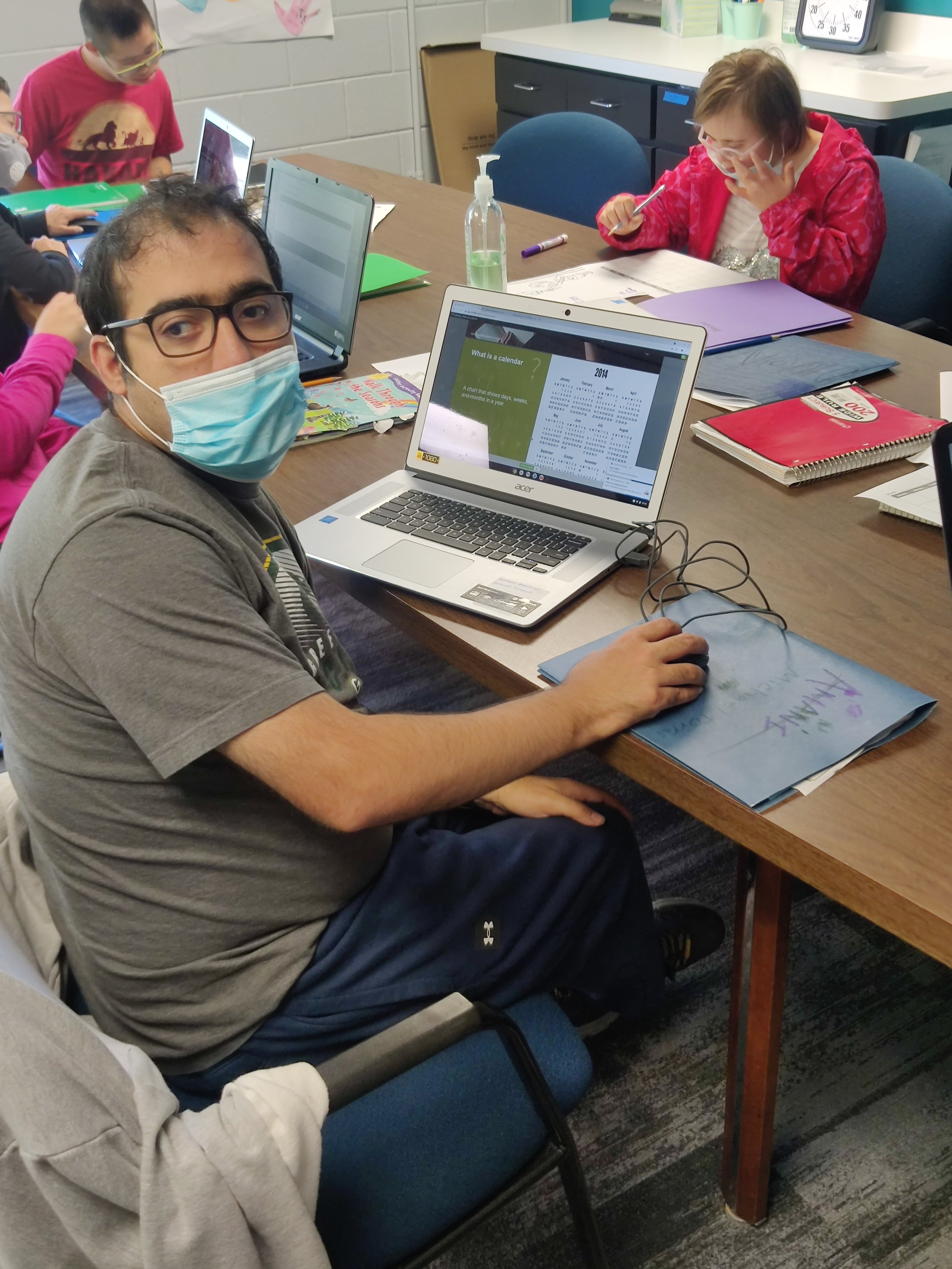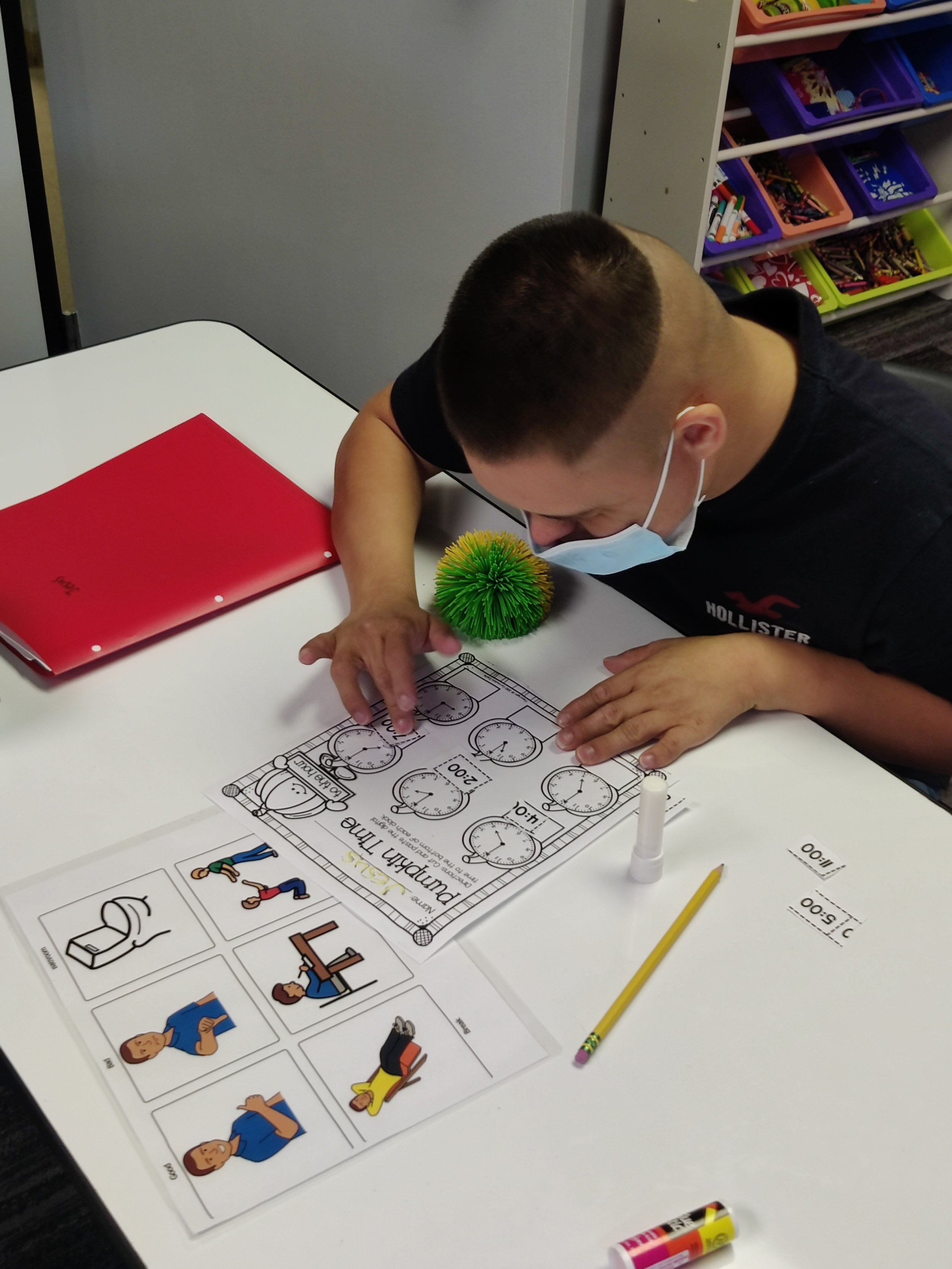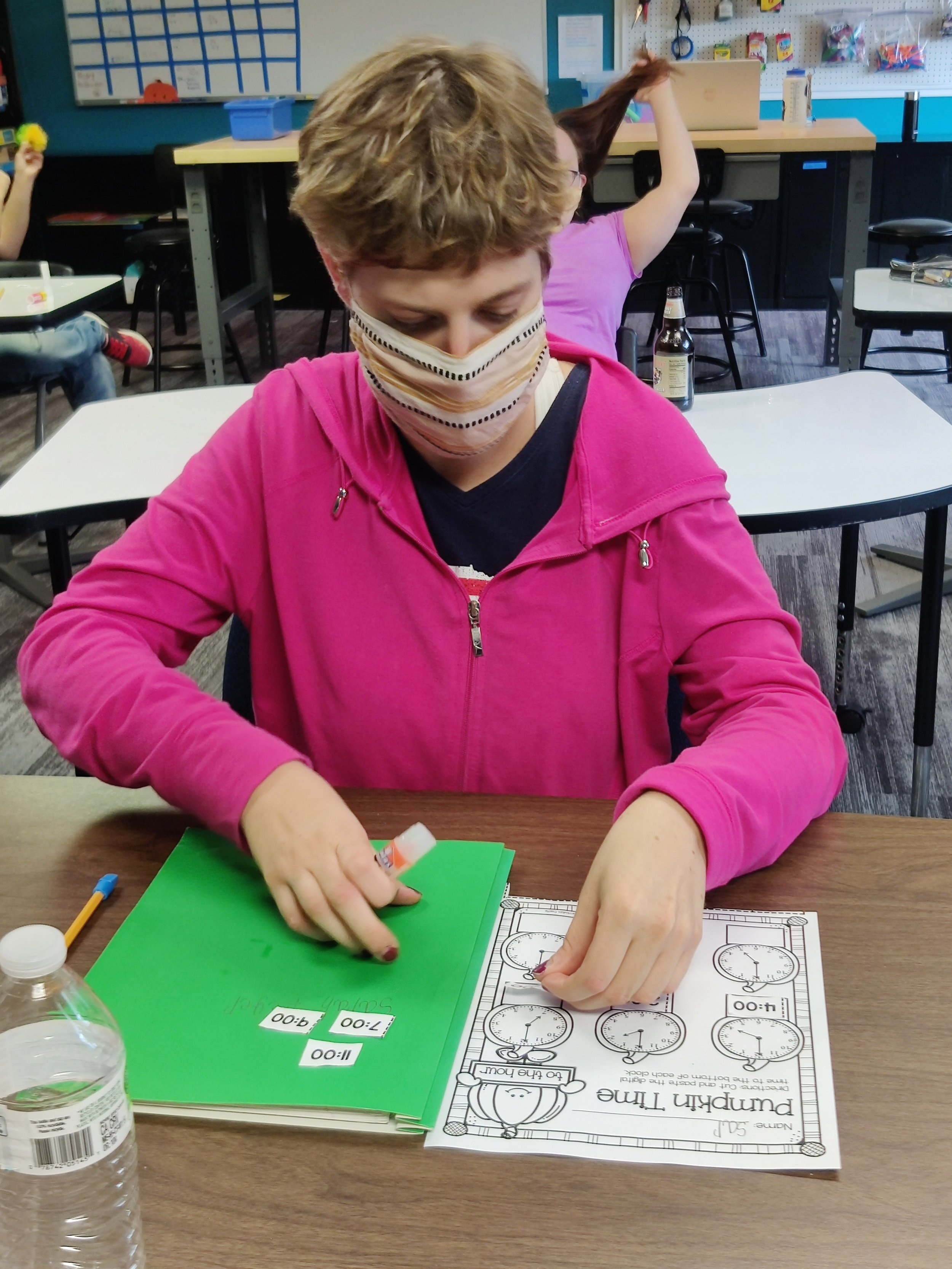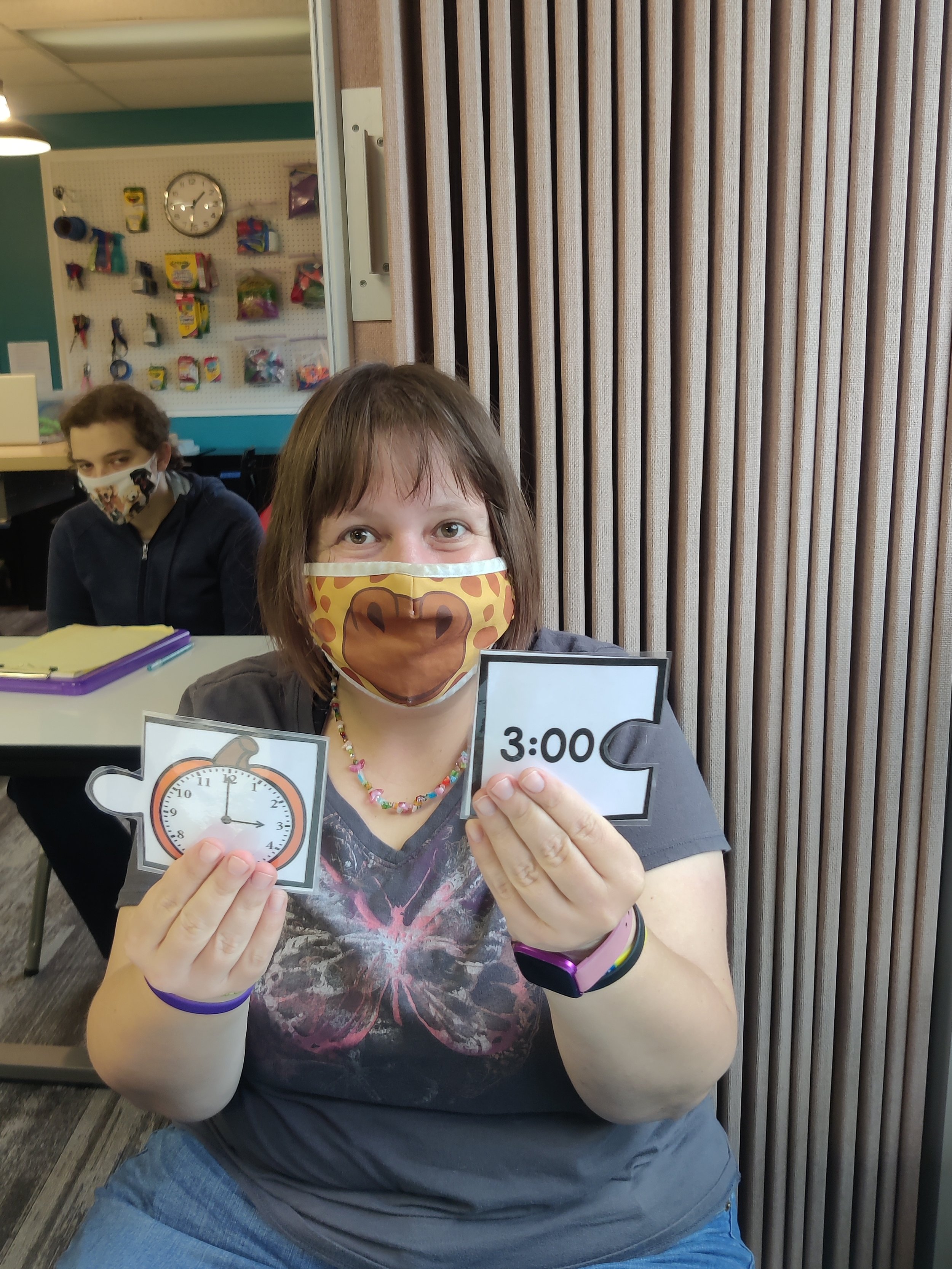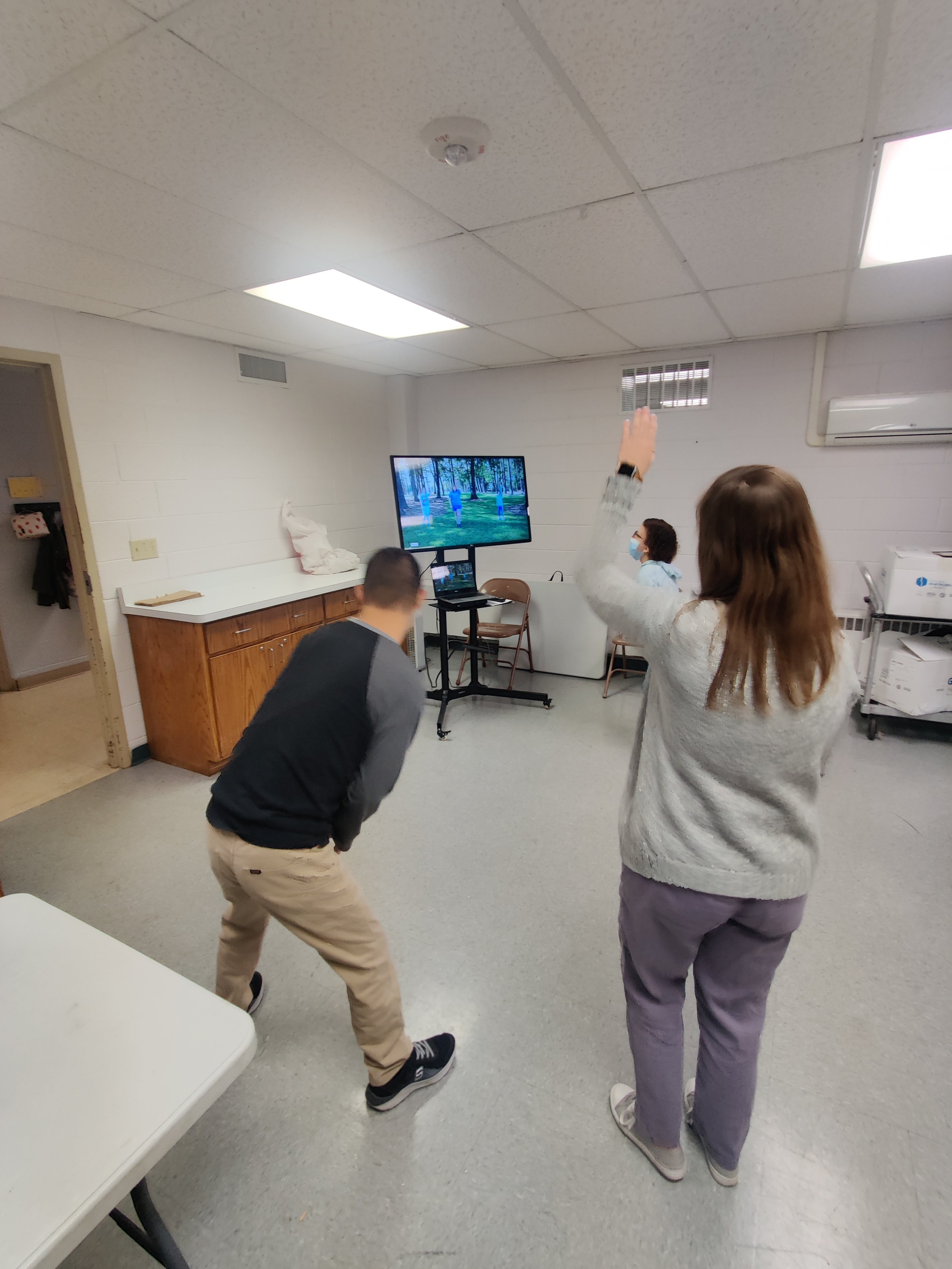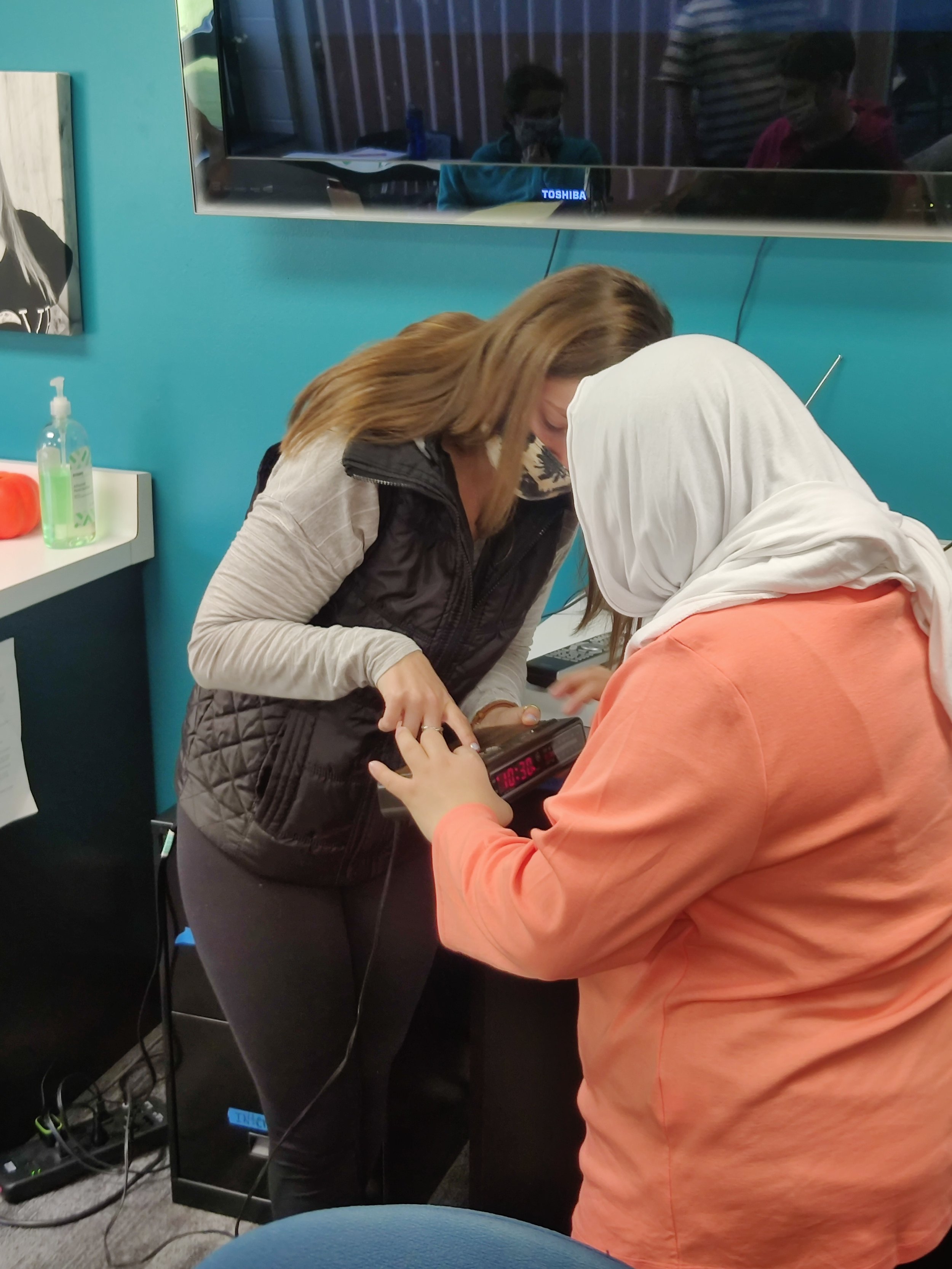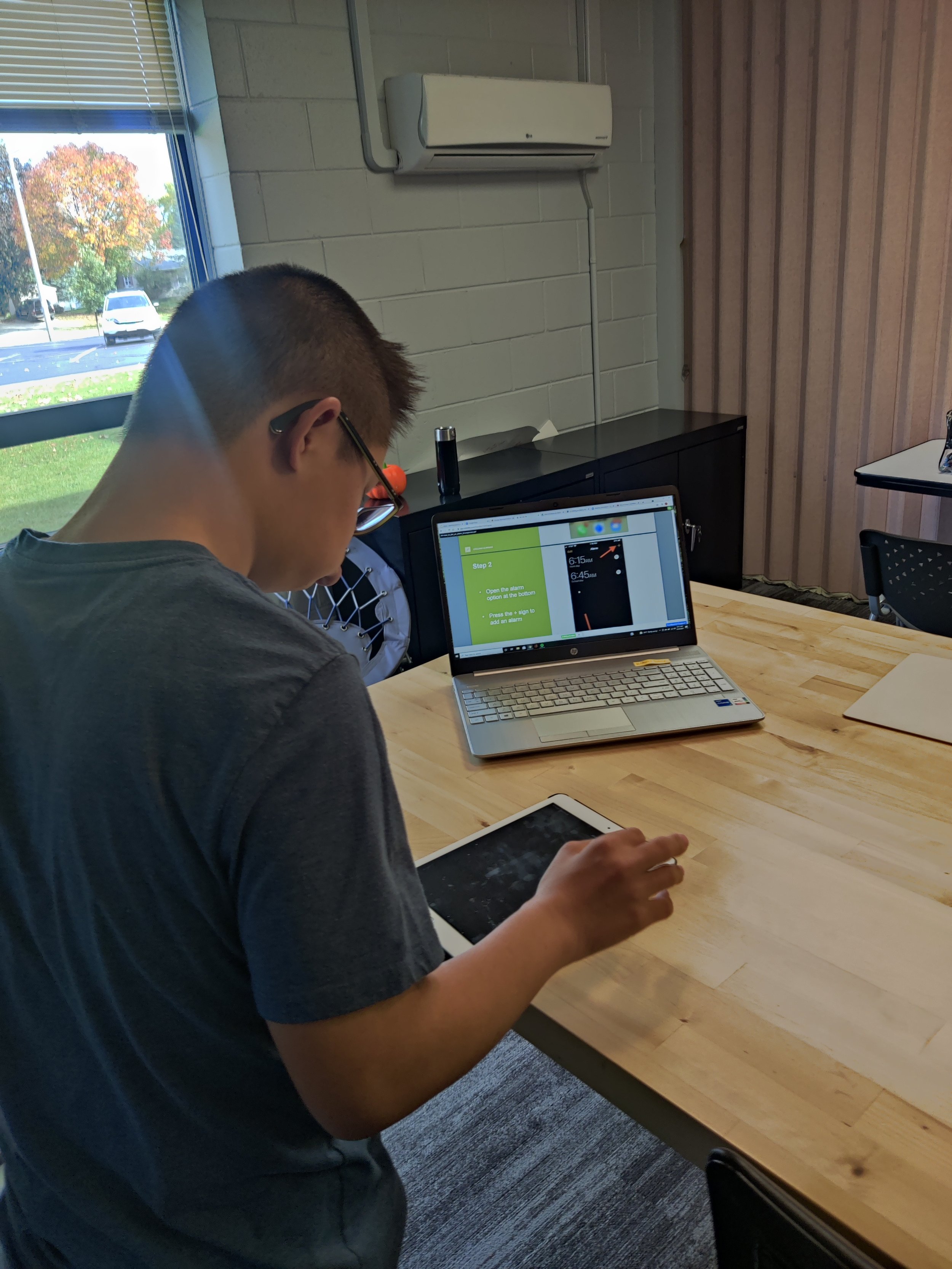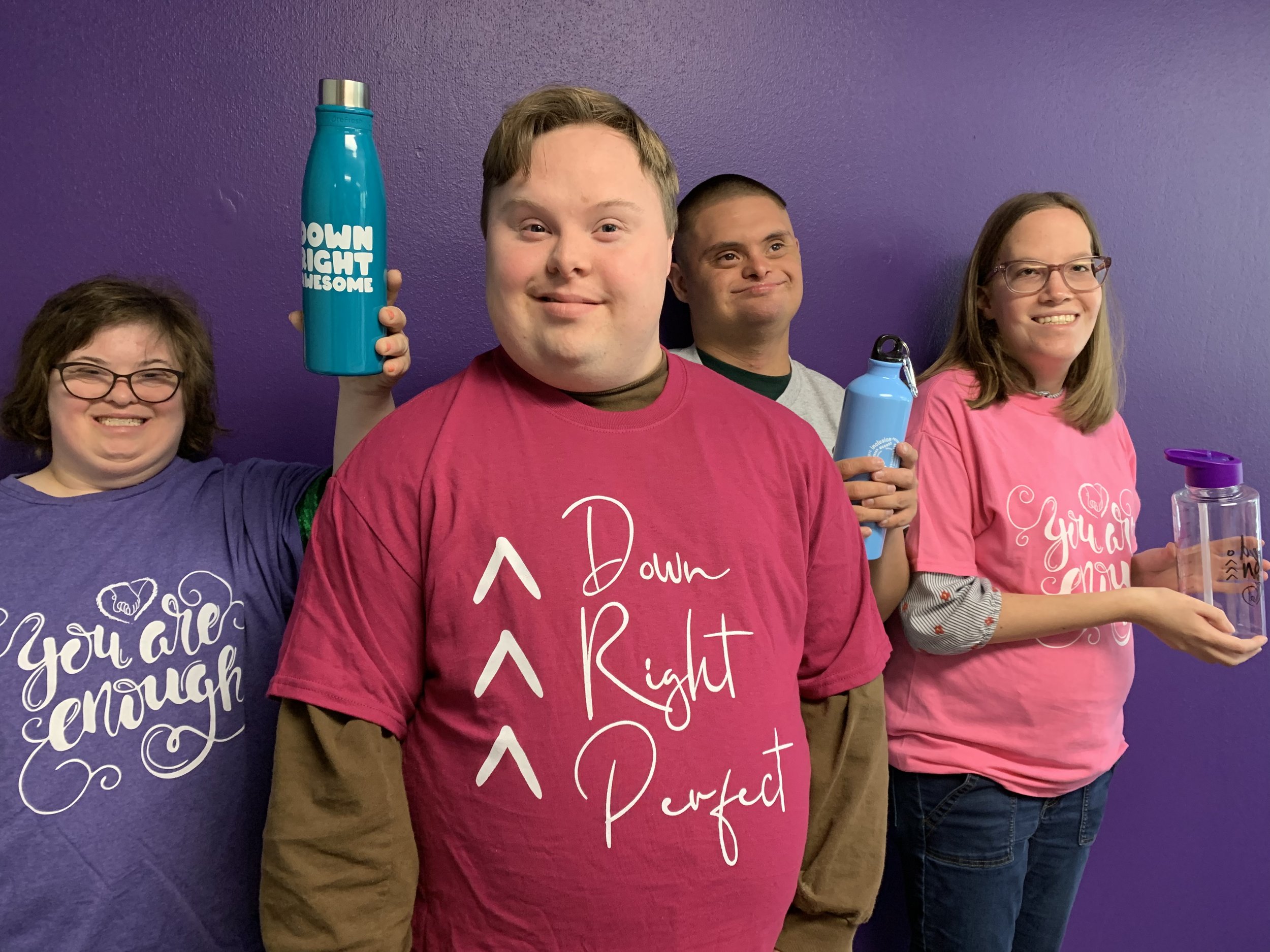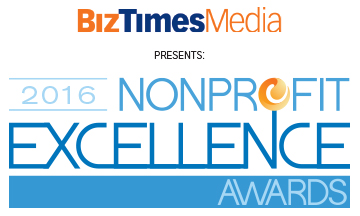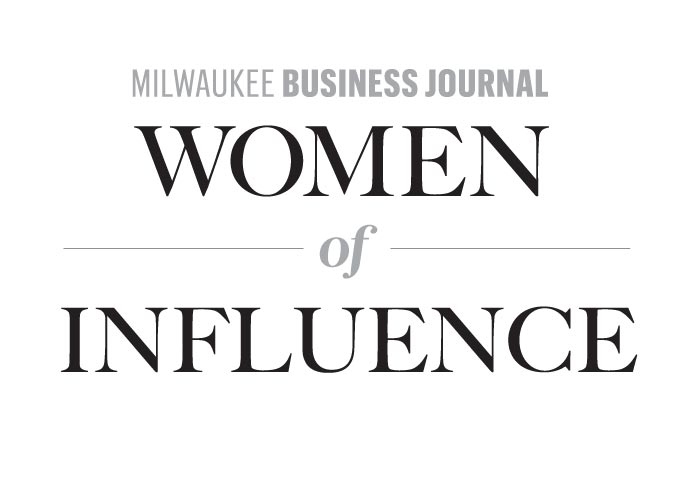We’re looking back on February! It may be the shortest month, but we packed it full of fun, learning, and friends. DSAW celebrated Valentine’s Day, we were represented at a national conference, and more! Read on for all the details!
Happy Valentine’s Day
In February, we celebrated Valentine’s Day! We had our Virtual Valentine’s Day Party, where attendees created V-Day wreaths and played bingo. Small groups and one-on-one’s celebrated with heart-shaped cinnamon rolls, heart-shaped pizzas, love monsters, and other festivities!
DSAW at DSAIA’s Leadership Conference
Mary West, DSAW's Senior Program Manager, SE WI, attended Down Syndrome Affiliates in Action’s 2022 Annual Leadership Conference in Las Vegas! Mary connected with other Down syndrome organizations across the country and presented on DSAW's aging services in a session titled "Supporting Aging Adults with Down Syndrome and their Families in Your Community." She says, "It was incredible to learn what all the other states are doing & to bring ideas back to Wisconsin :)" Congratulations Mary and thank you for representing DSAW!
Never Stop Learning!
We learned a lot this month! Our Social Skills Group learned about physical wellness with friends, and we had some American Sign Language lessons at the DSAW office! Brittany celebrated President’s Day with her client by learning about presidential history.
DSAW Futures Planning
Our My Full Life™ pilot program continues as a part of DSAW’s new Futures Planning program! As part of the My Full Life™ curriculum this month, self-advocates learned about and built their own first aid kits. Read more about DSAW’s Futures Planning work here!
Awesome Outings
Across the state, February was a month for bowling, sledding, and more fun! Our small groups visited the bowling alley and Monkey Joe’s play center (and celebrated with donuts afterward). DSAW-South Central got in on the bowling fun with a family outing in Janesville. In La Crosse and Central WI, we hosted family sledding parties! Southeastern WI rented out a theatre to watch the 2018 animated movie Smallfoot for this month’s Super Saturday.
Hairspray the Musical!
Our newest chapter is DSAW-South Central WI! Formerly the Madison Area Down Syndrome Society, this new chapter covers Sauk, Columbia, Iowa, Dane, Jefferson, Lafayette, Green, and Rock Counties! In Feburary, DSAW-SC offered free tickets to self-advocates to see the musical Hairspray at the Overture Center for the Arts!
DSAW-Central WI’s Sledding Party
DSAW-Central WI had a great time at our sledding party at Iverson Park! We enjoyed the beautiful winter day and celebrated Emma's 9th birthday! A special thank you to the UWSP students who volunteered!









